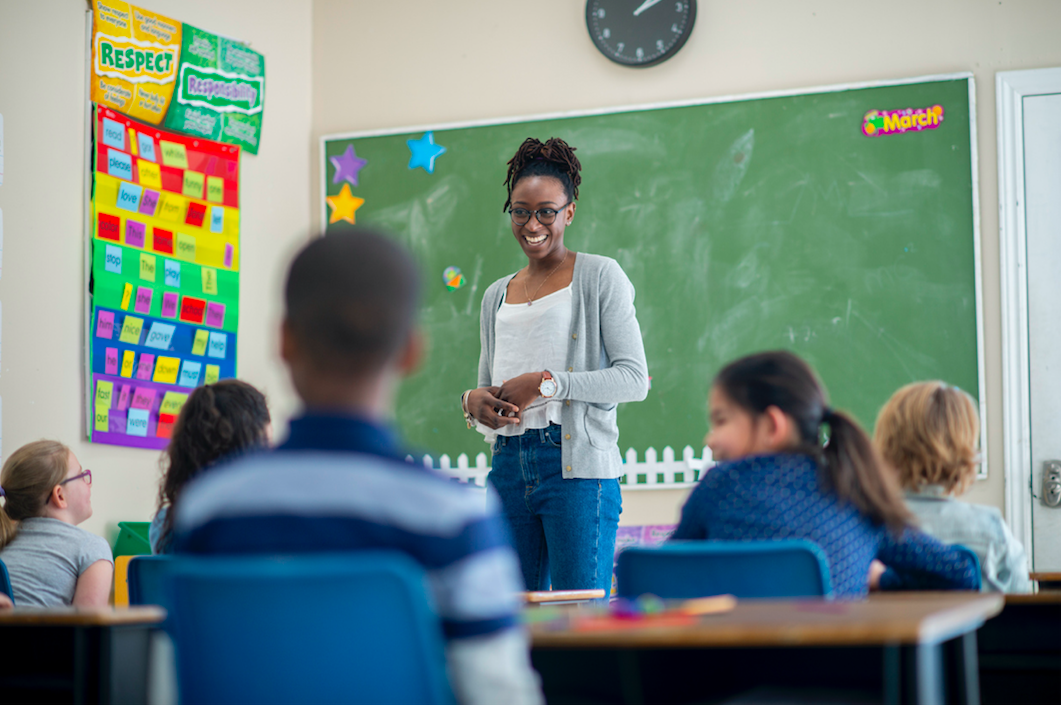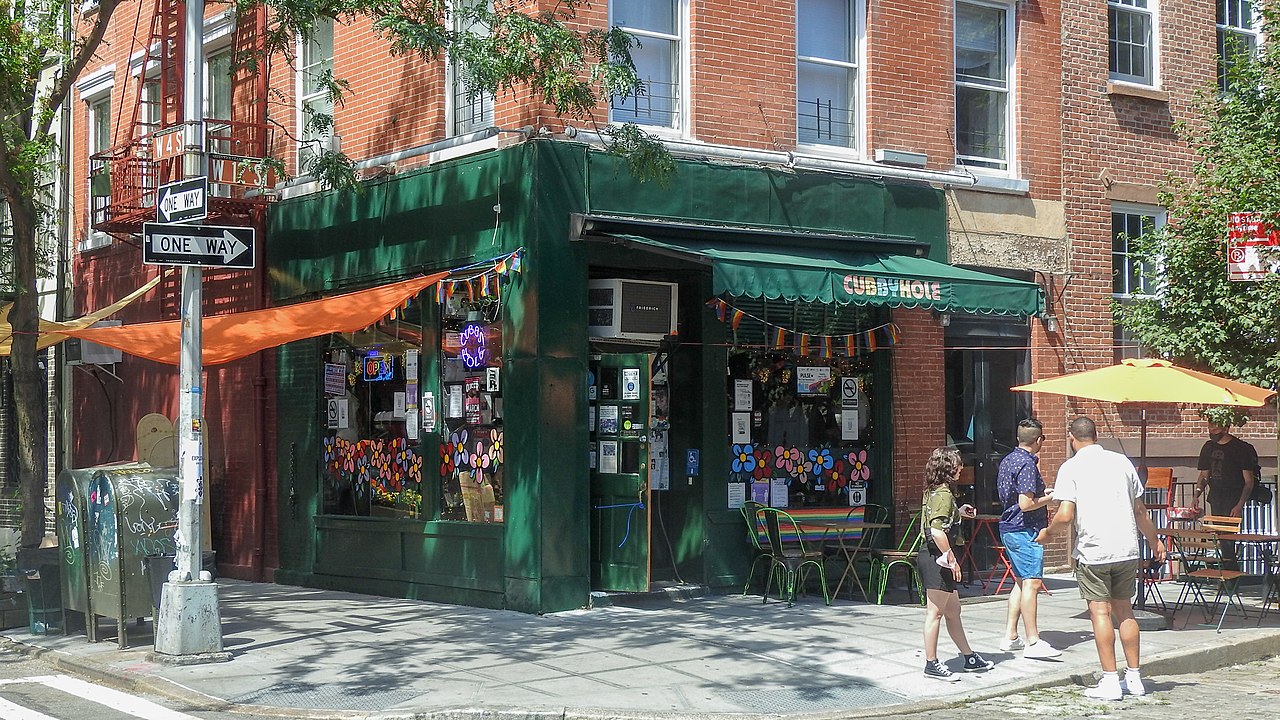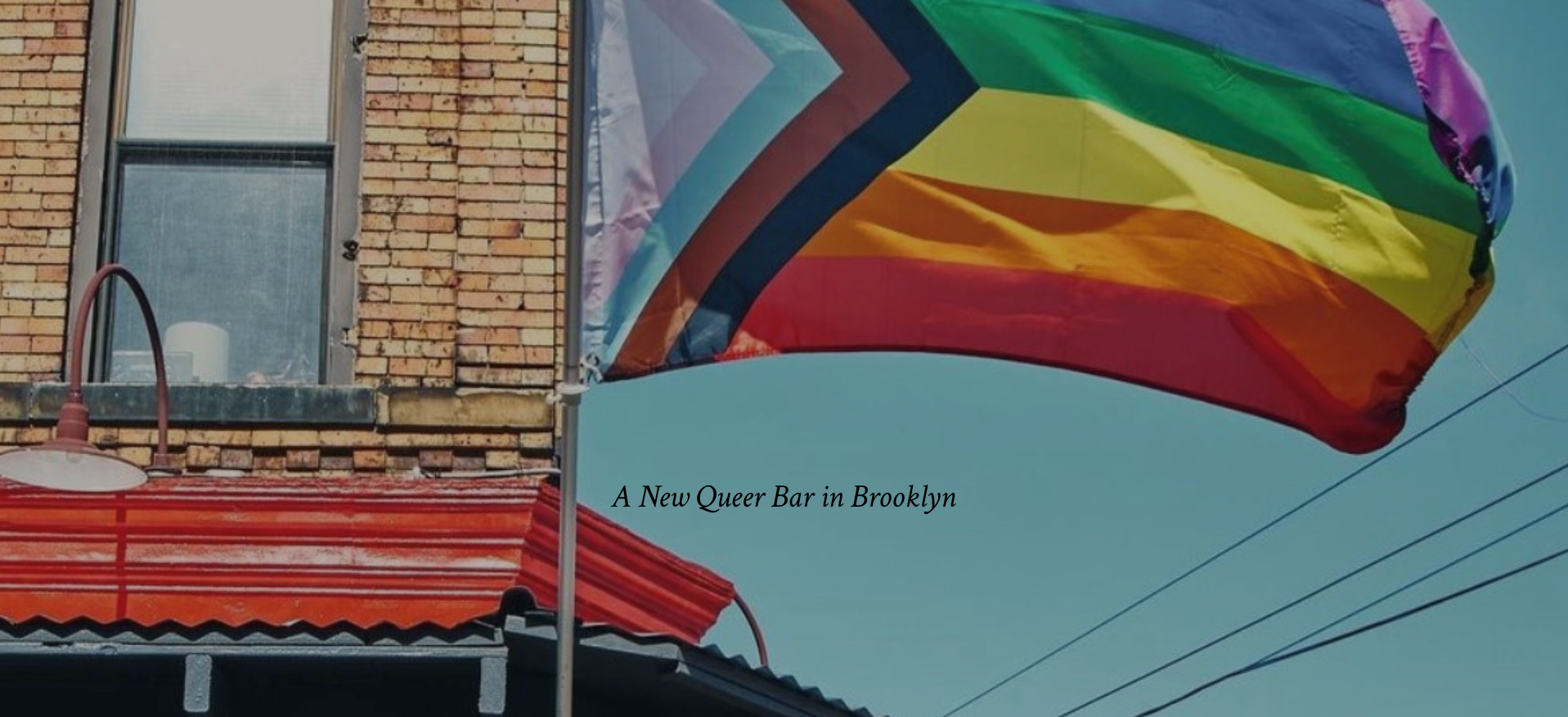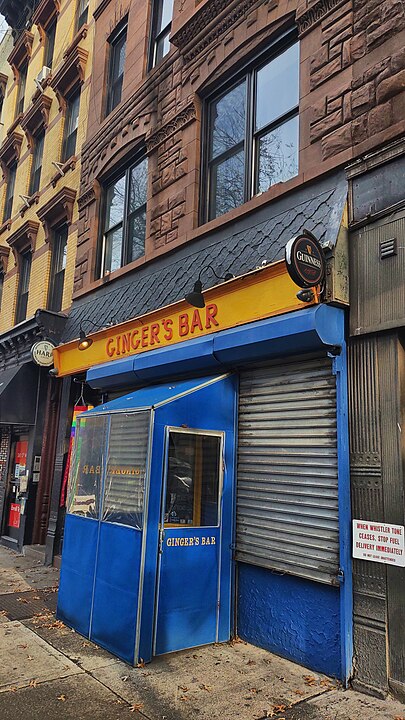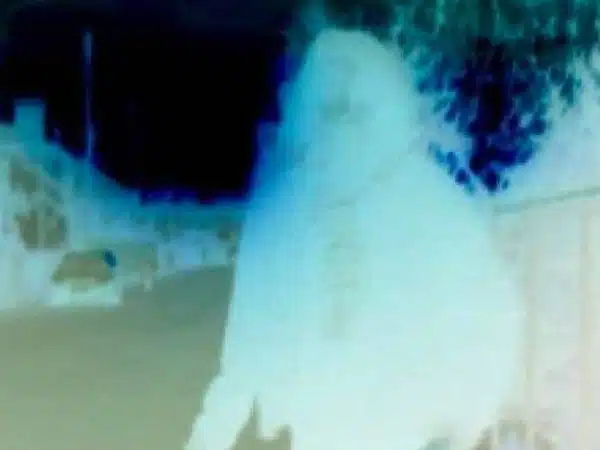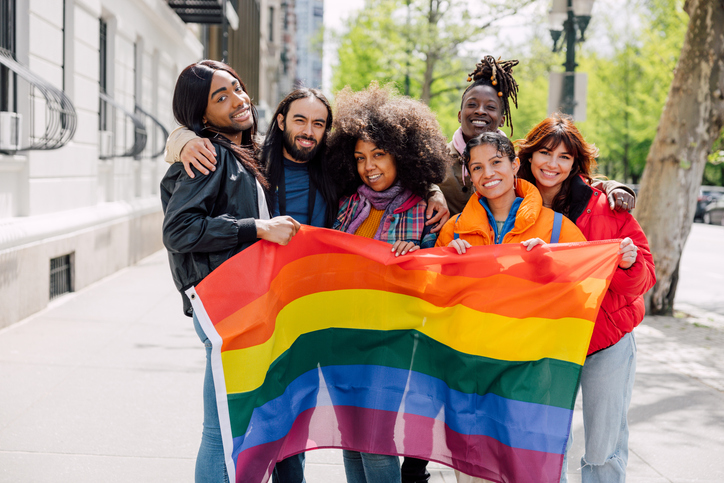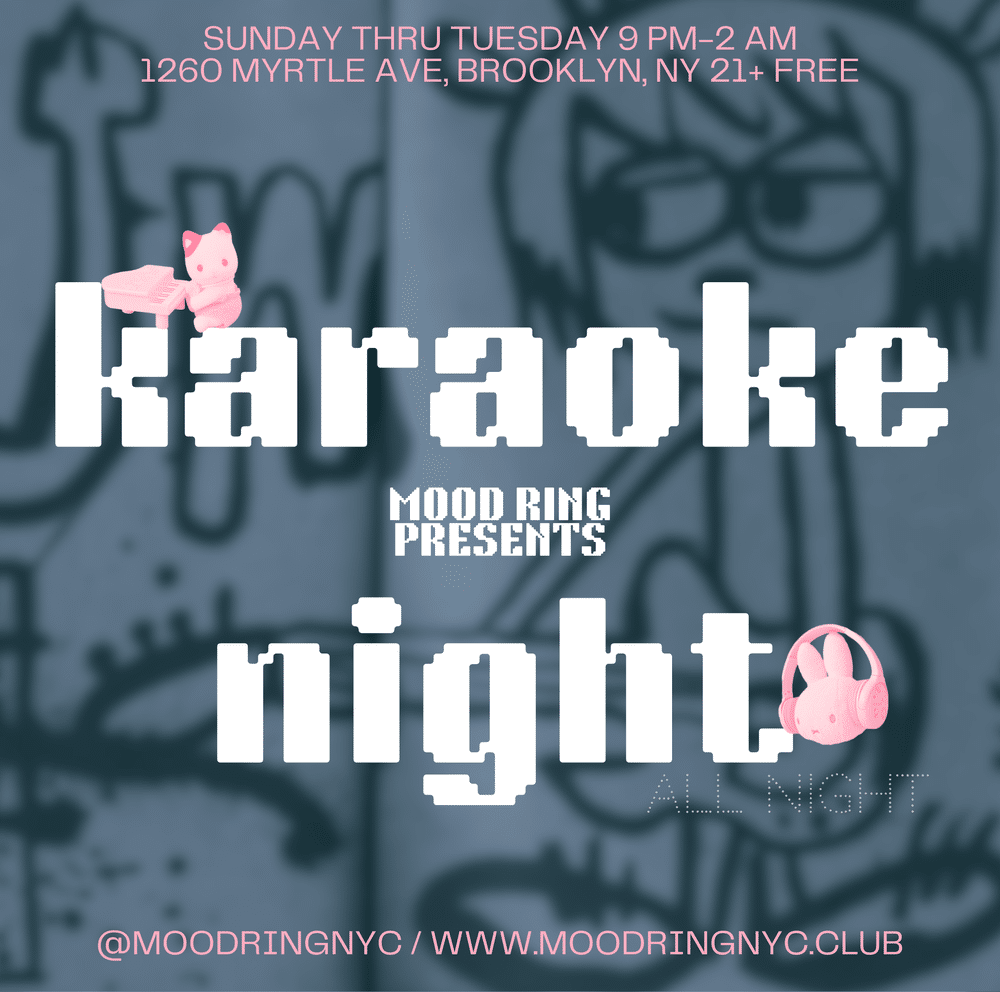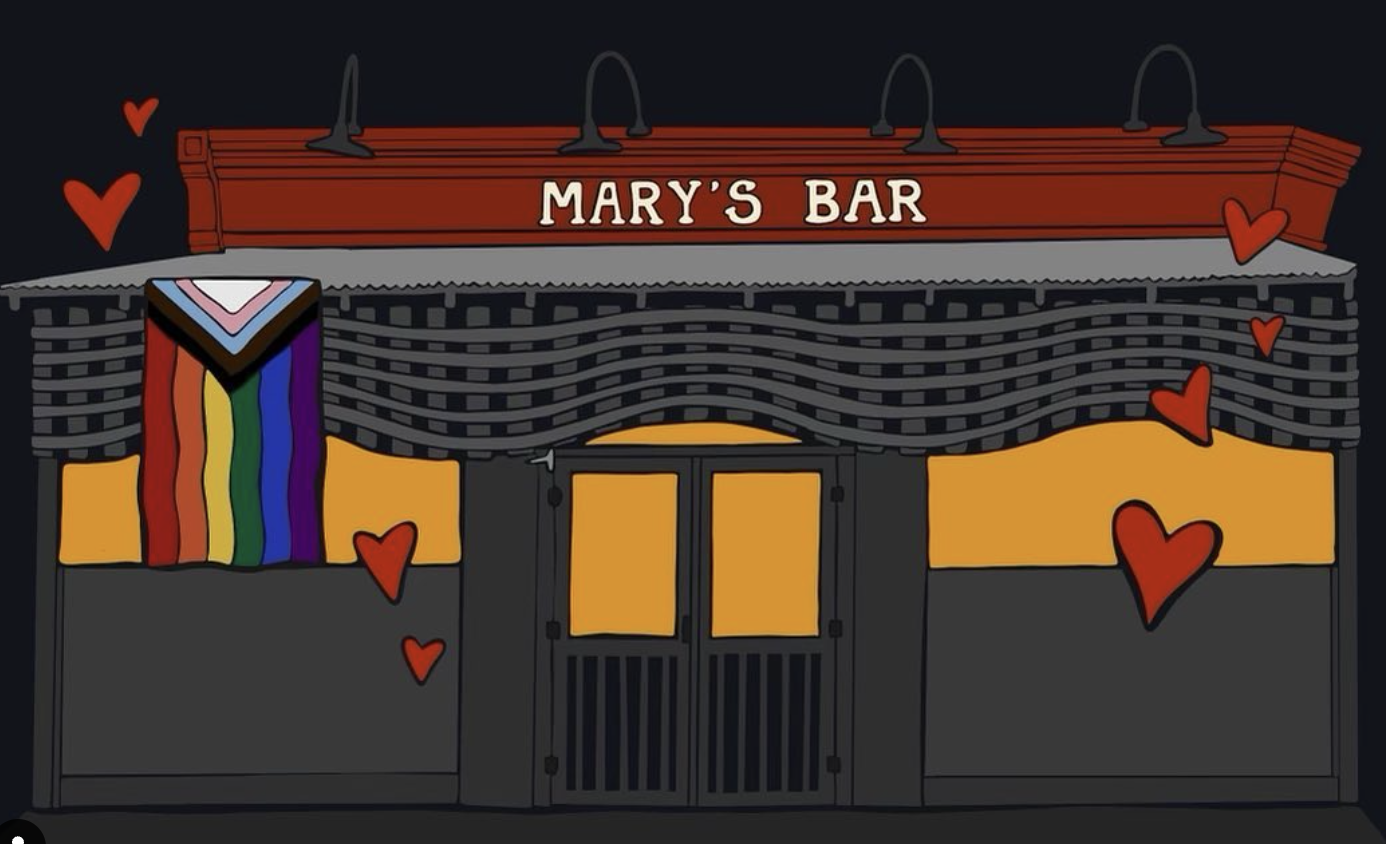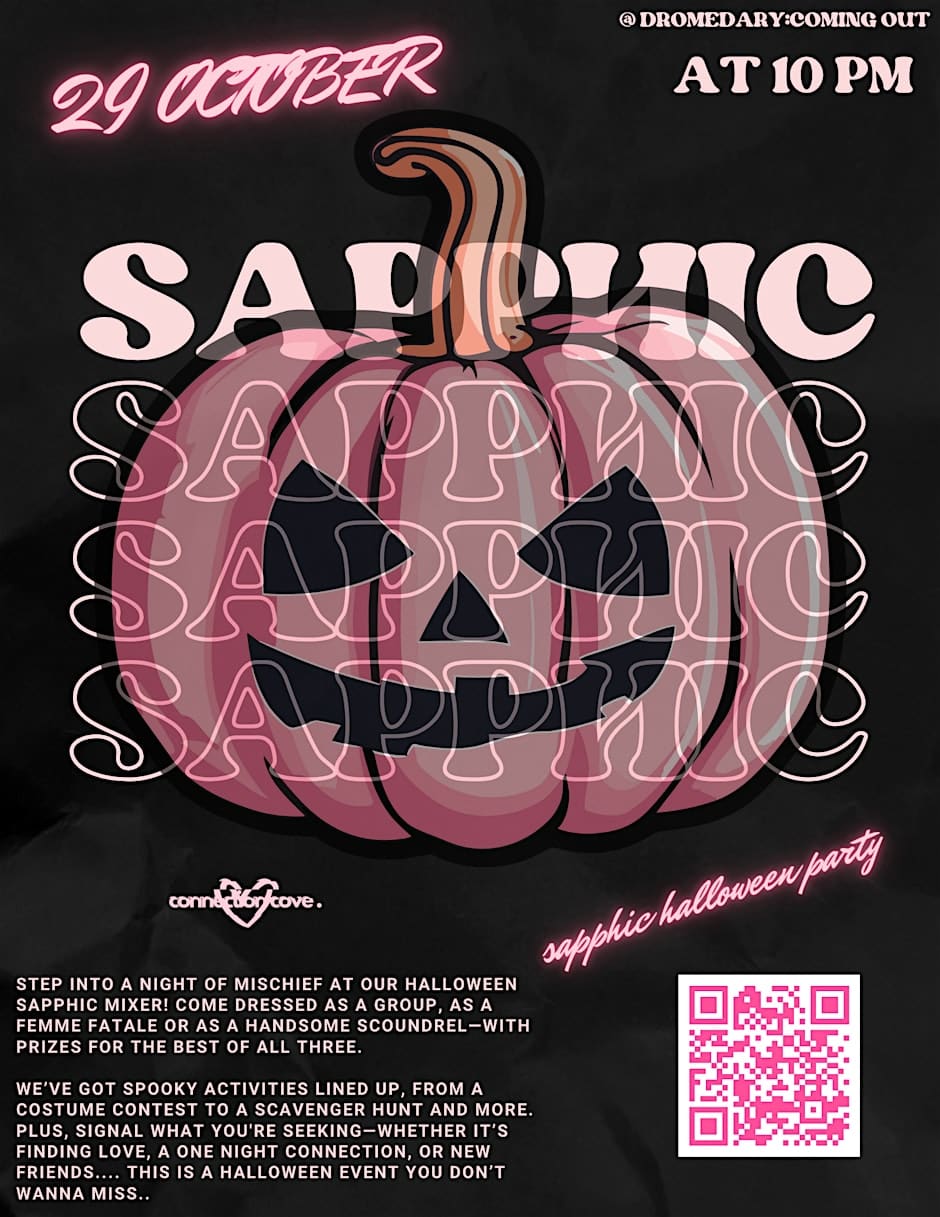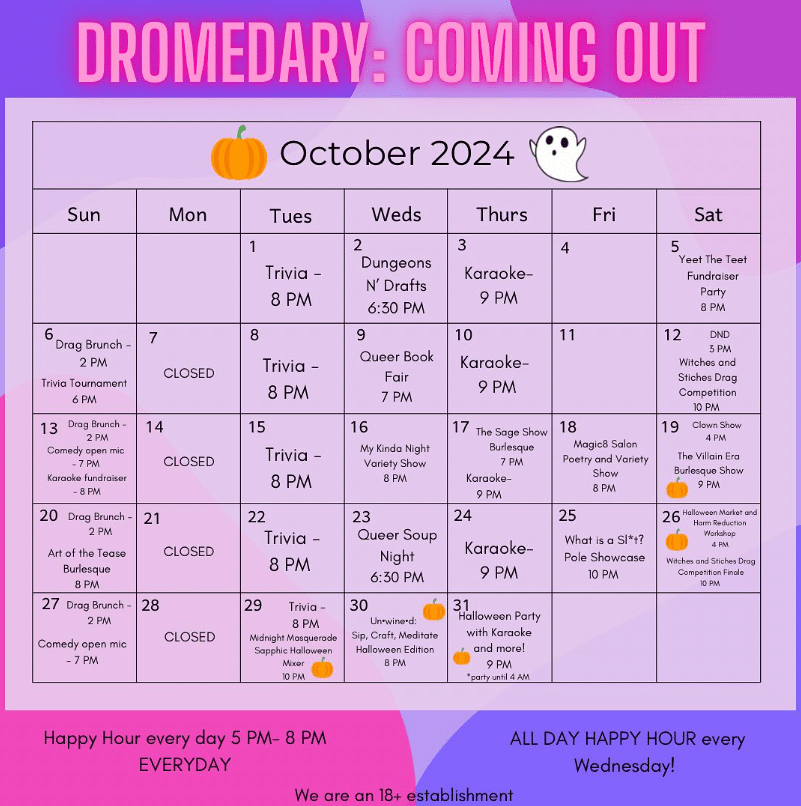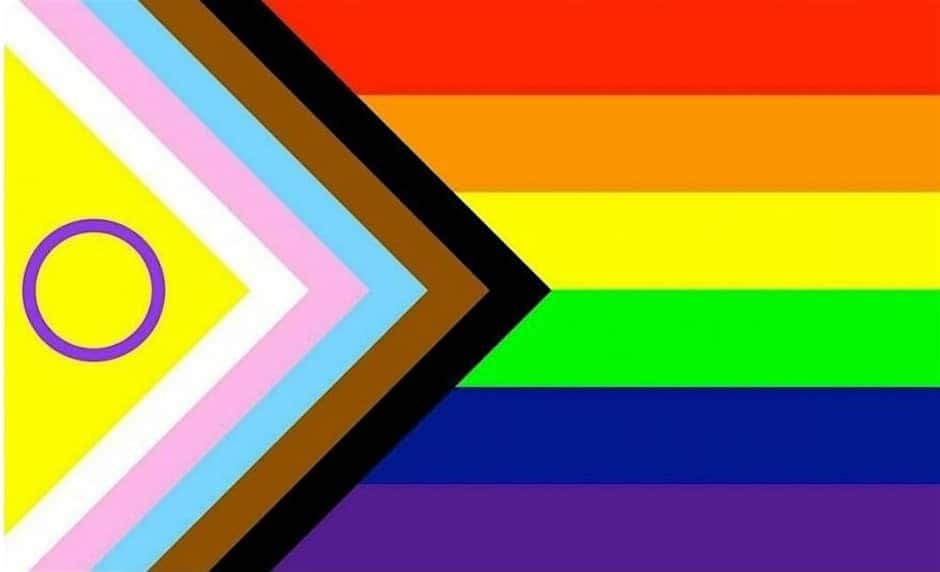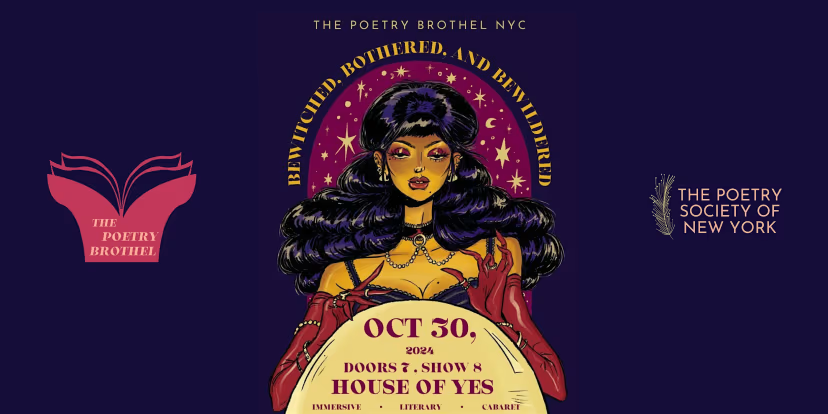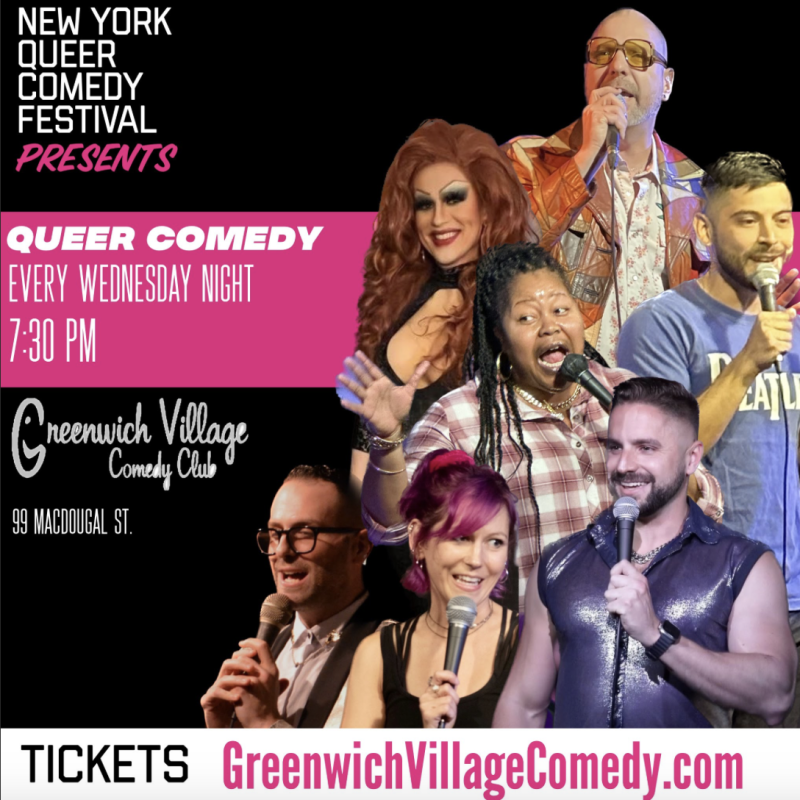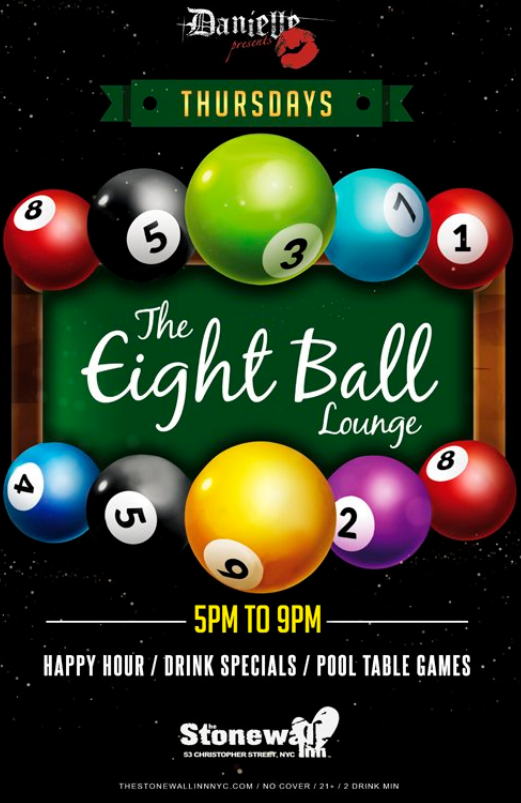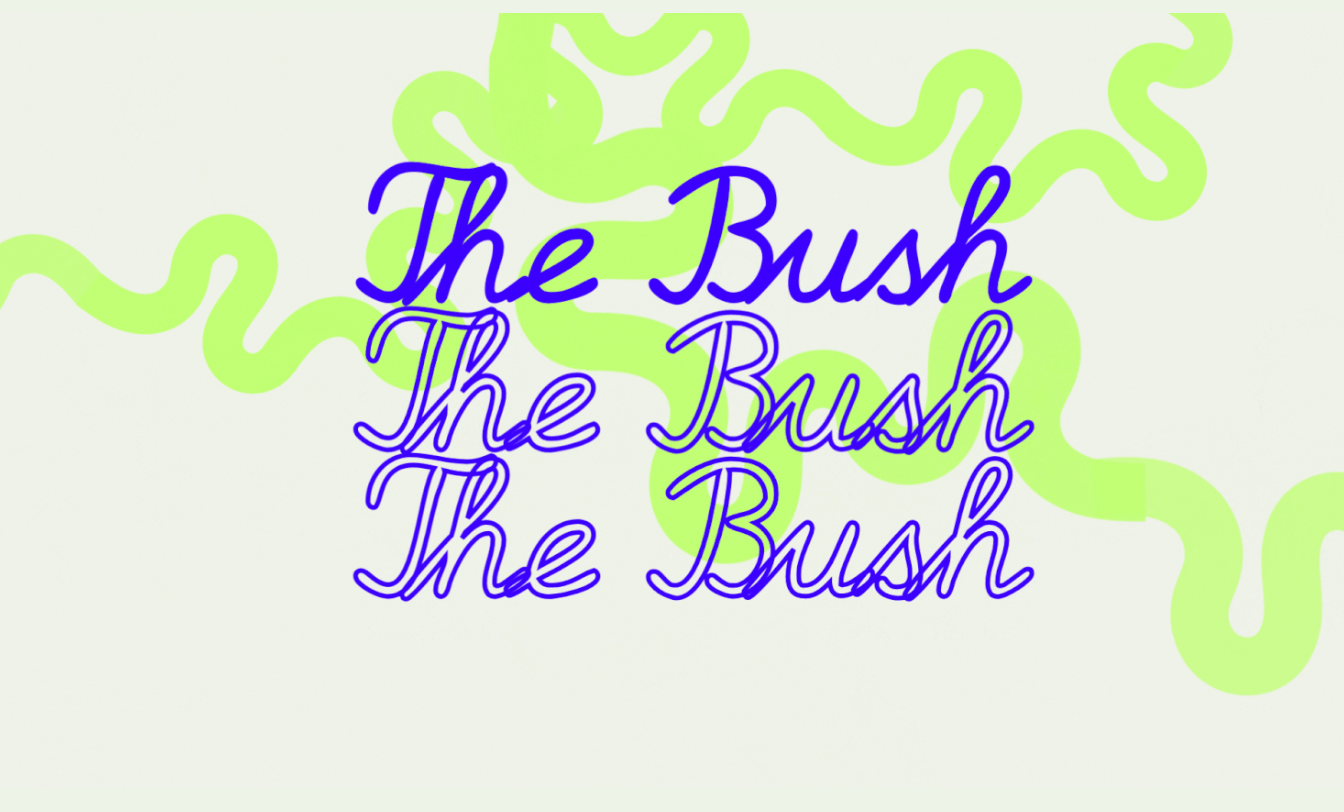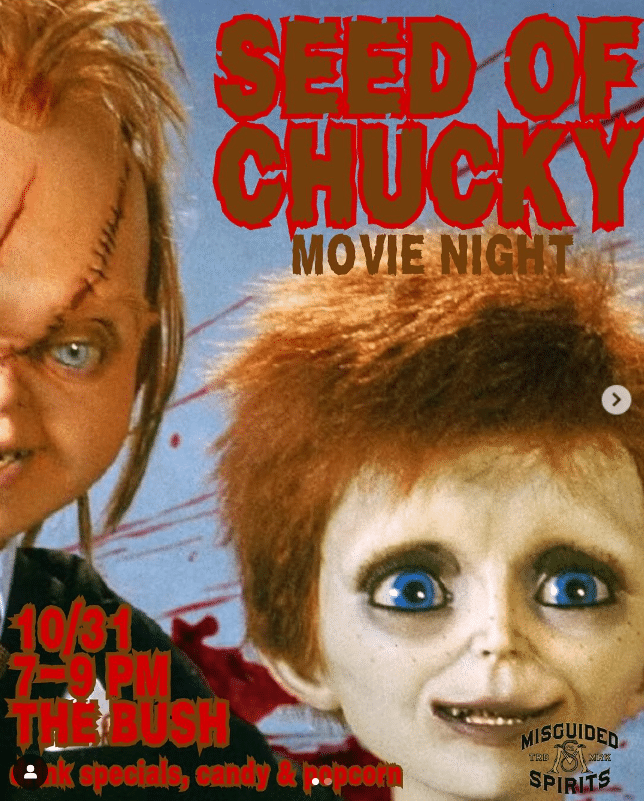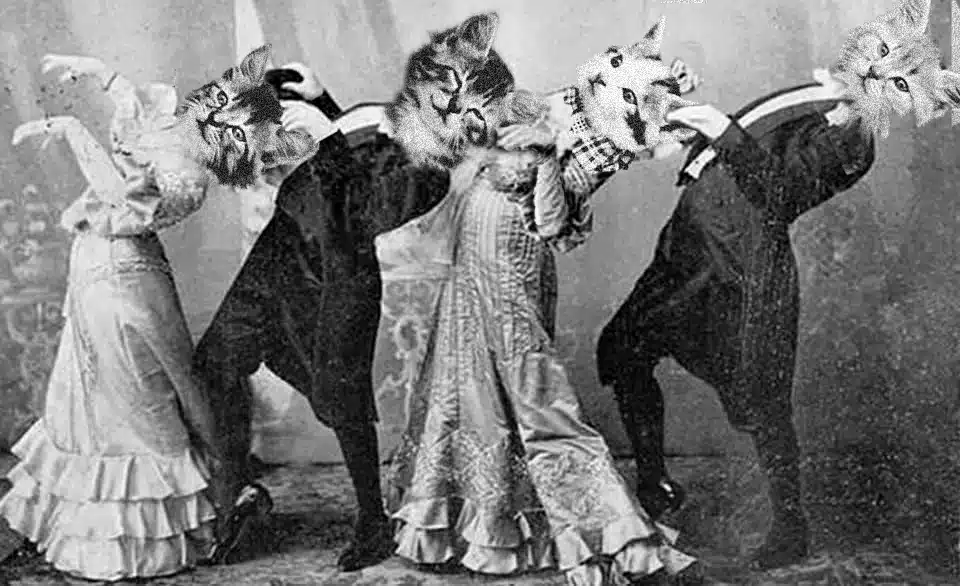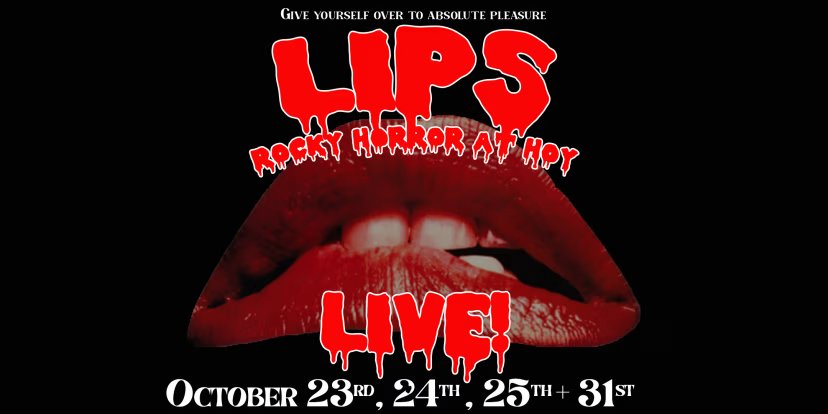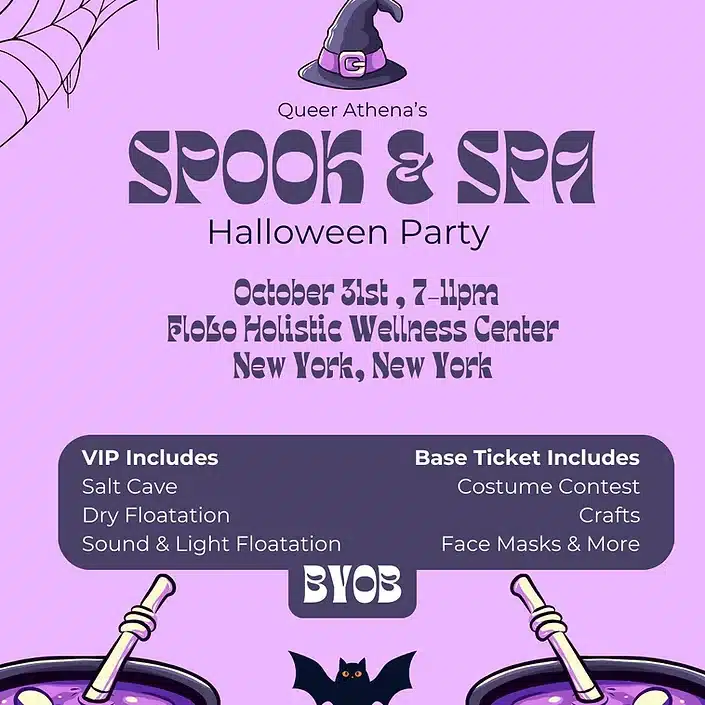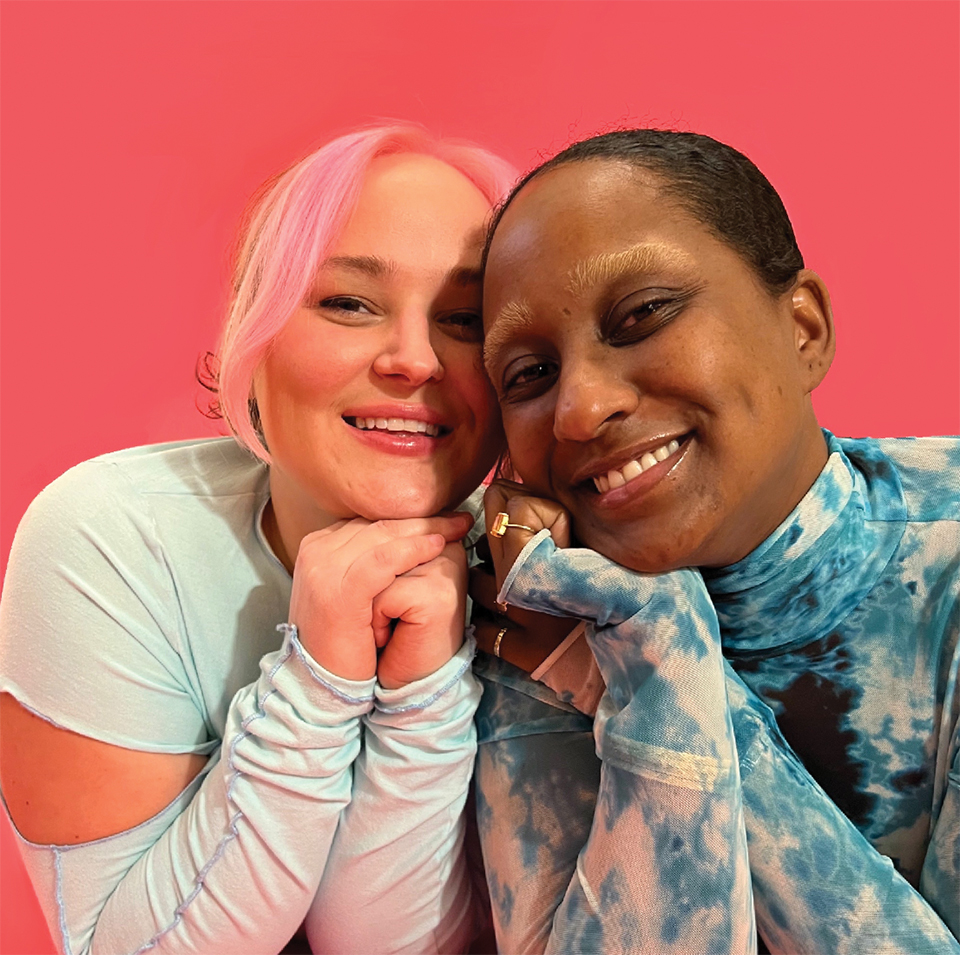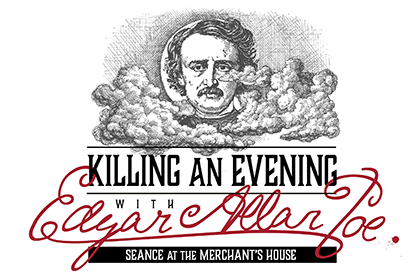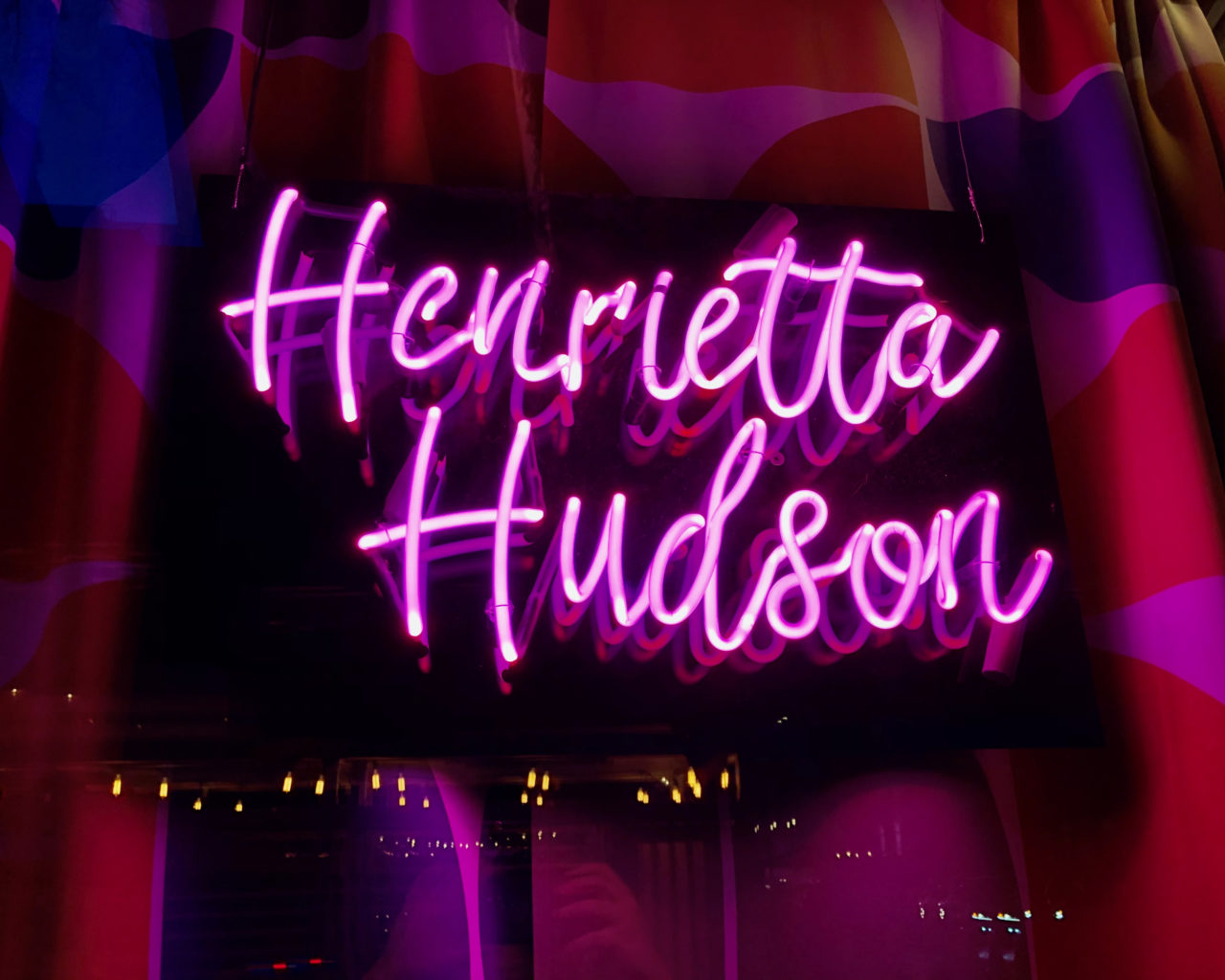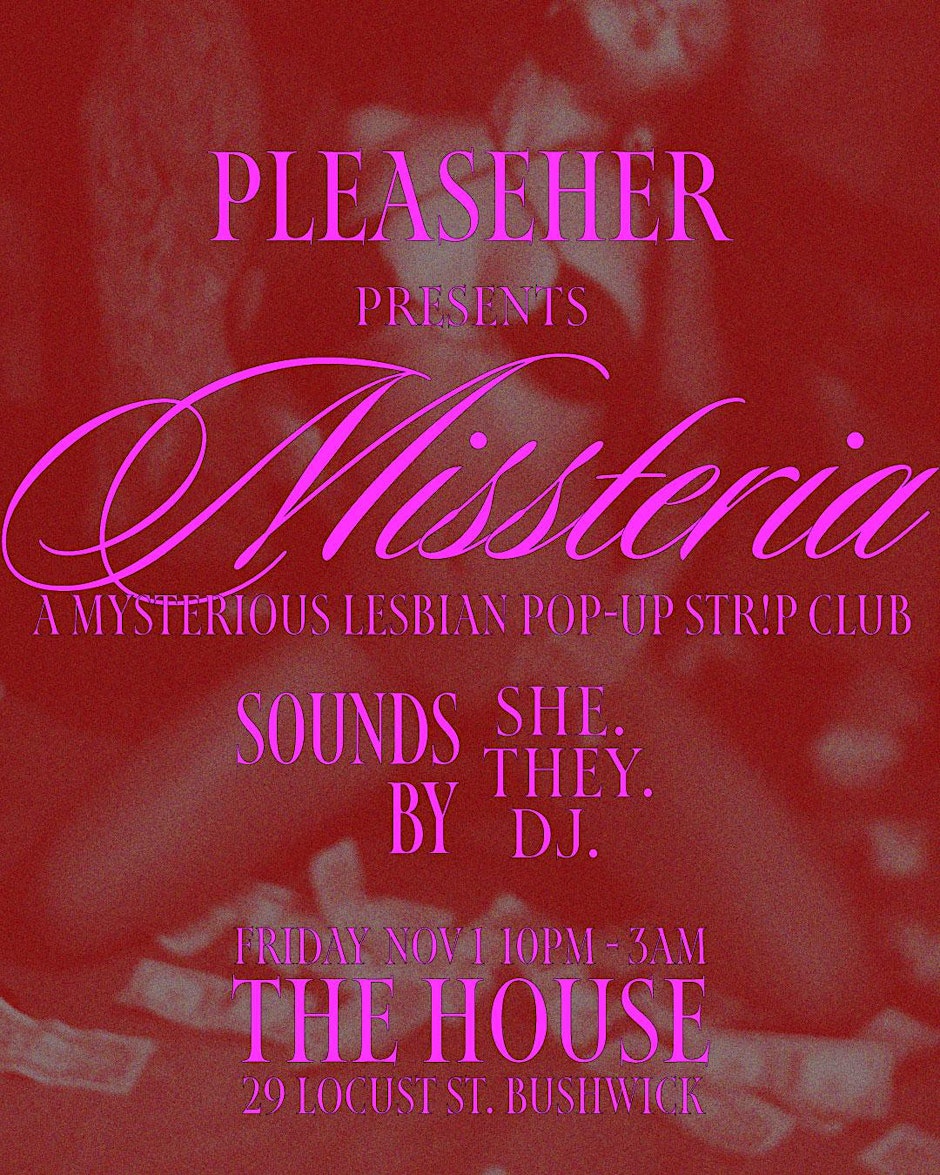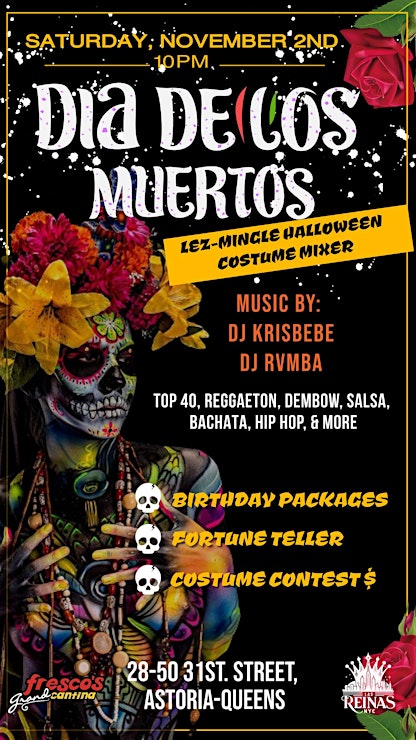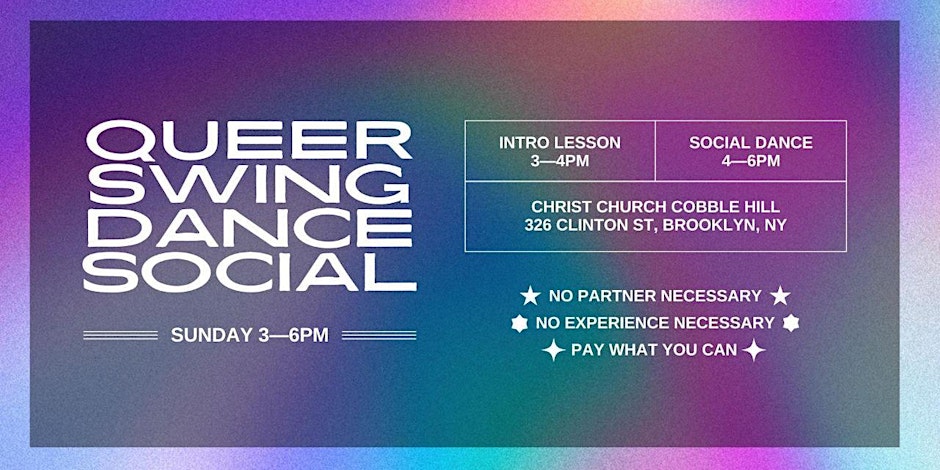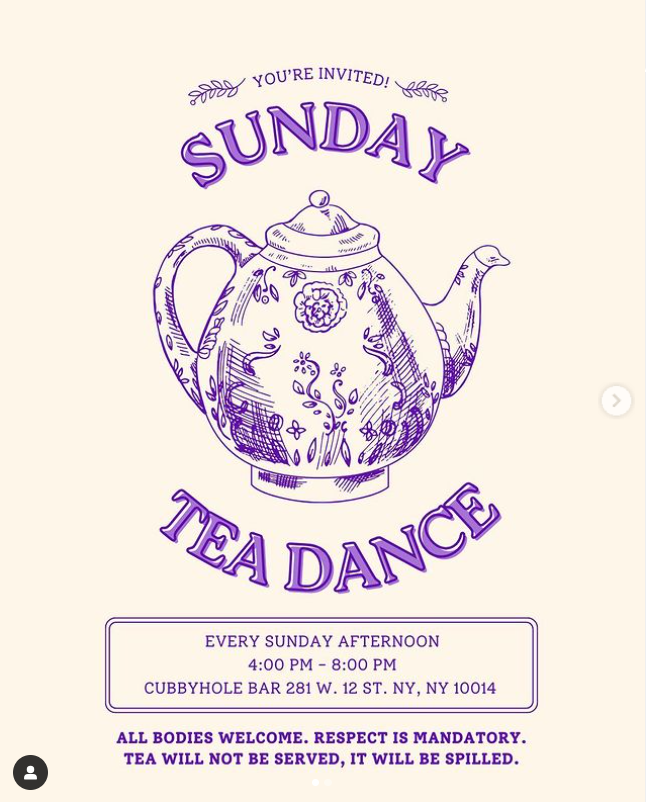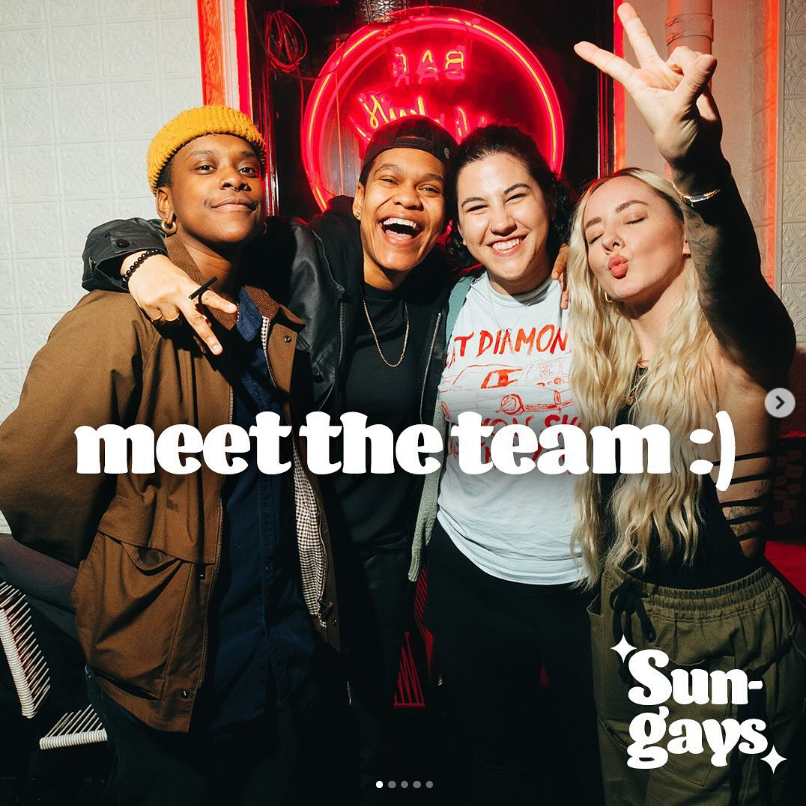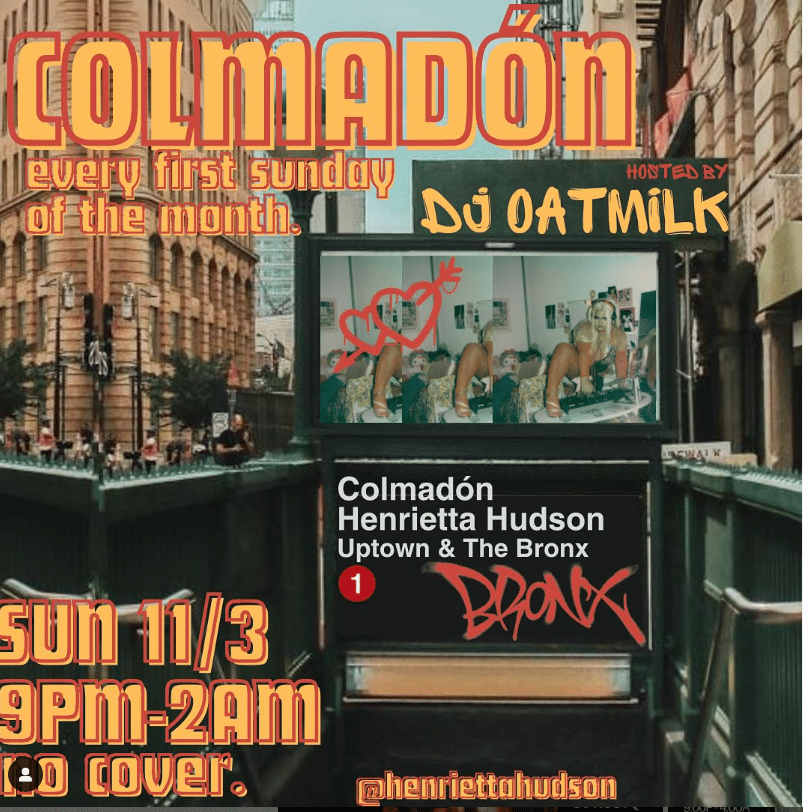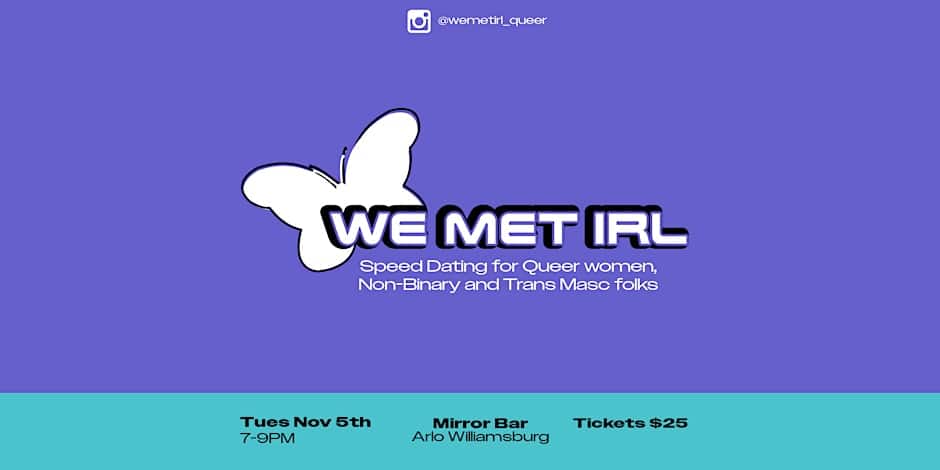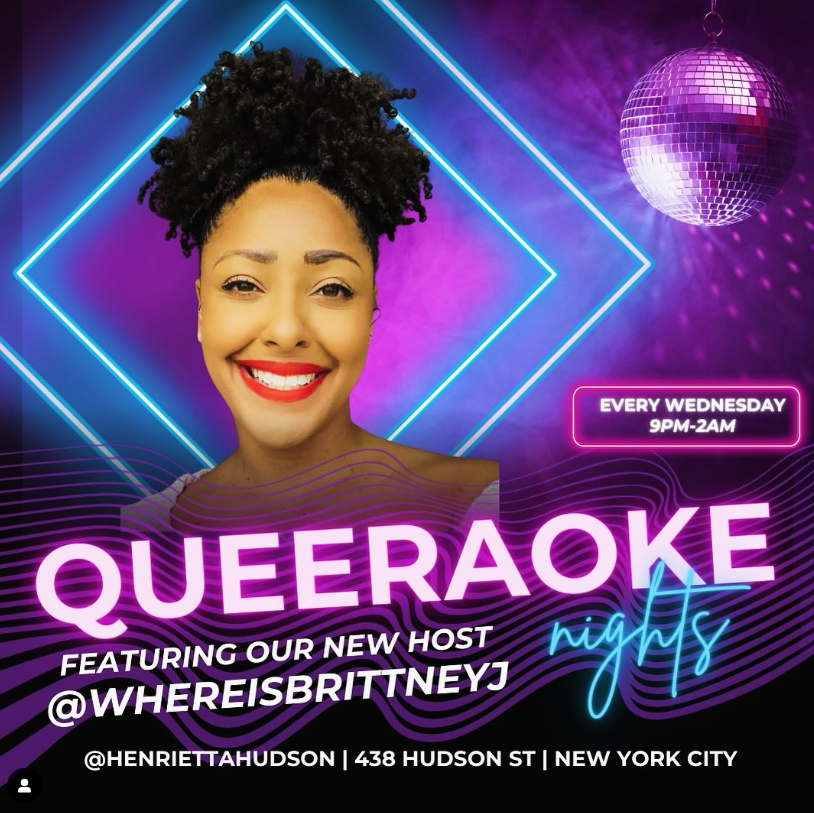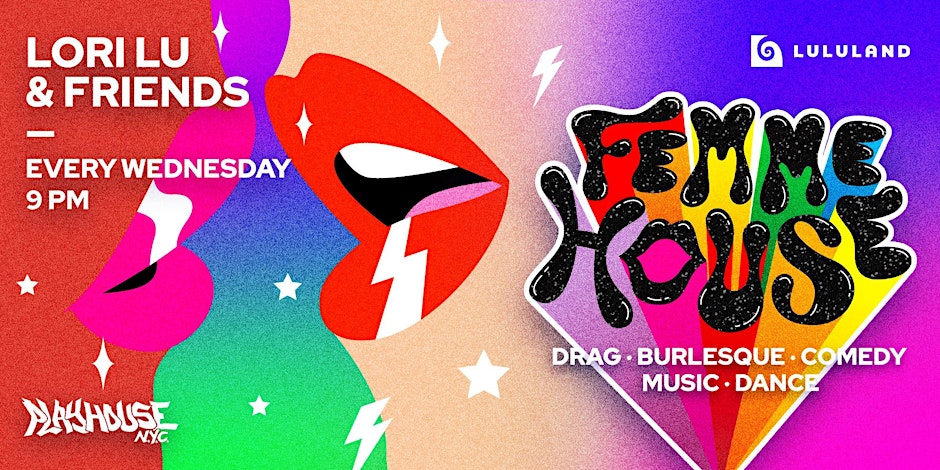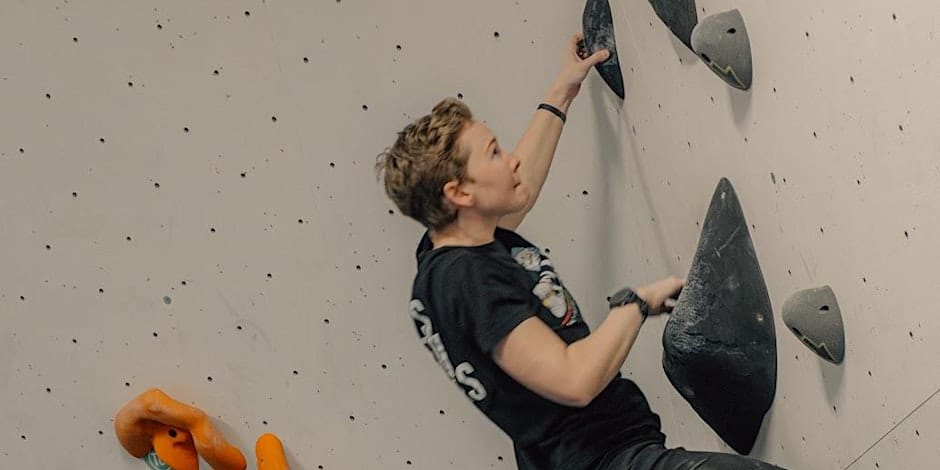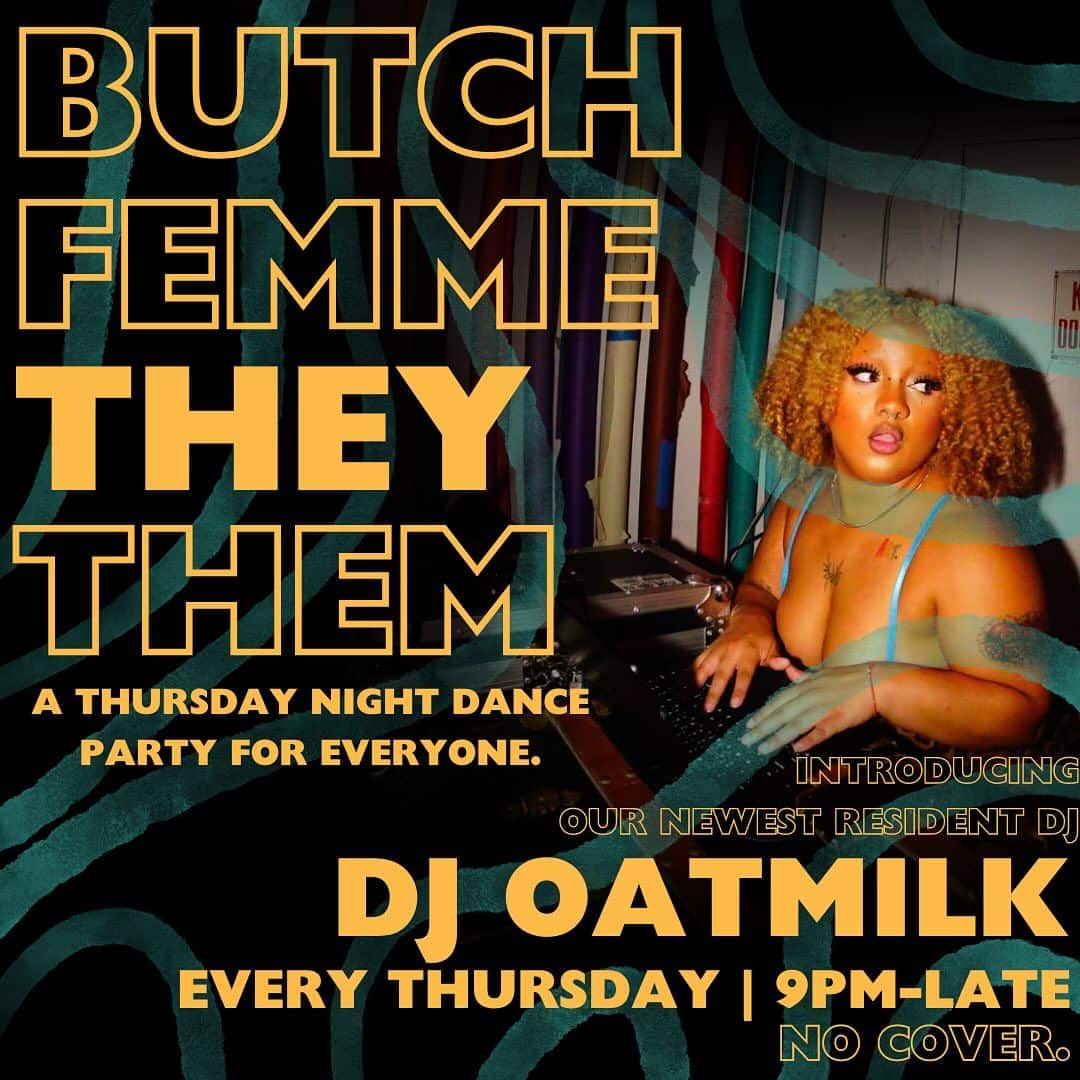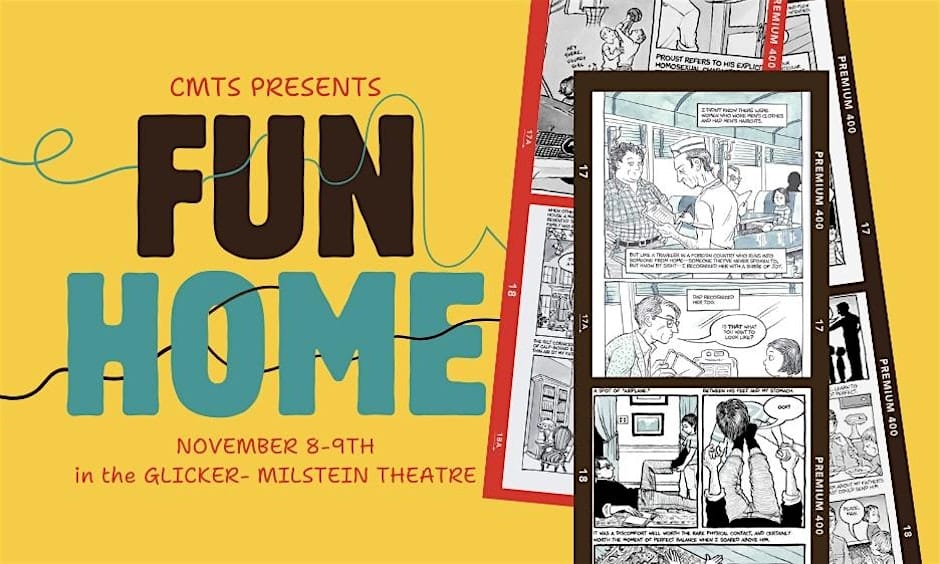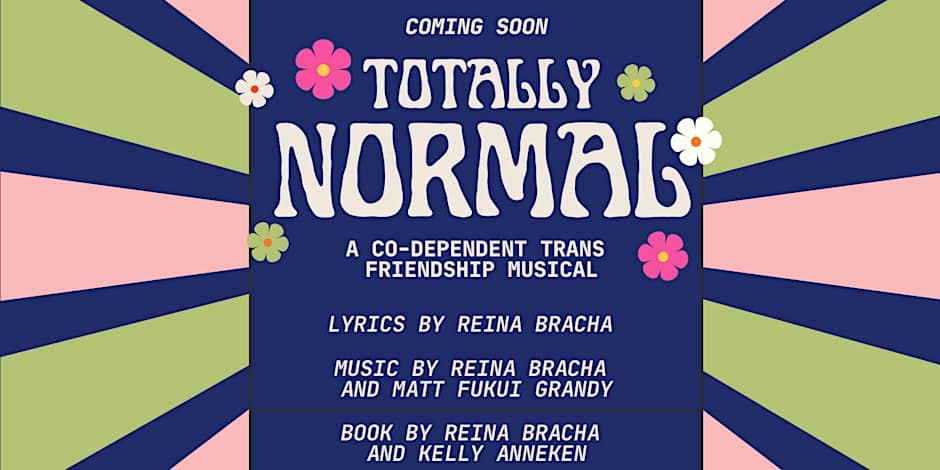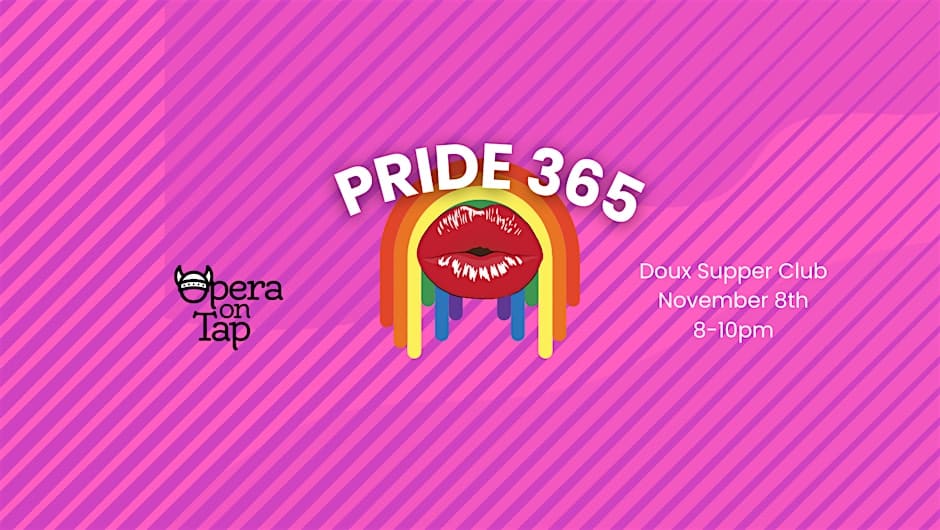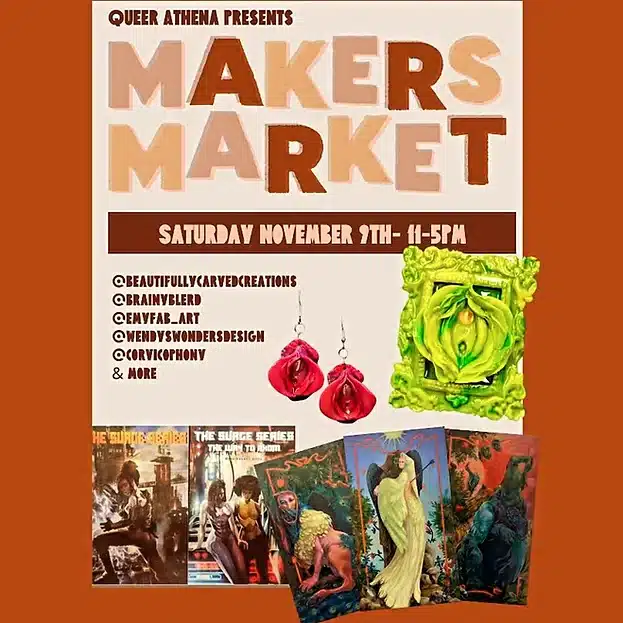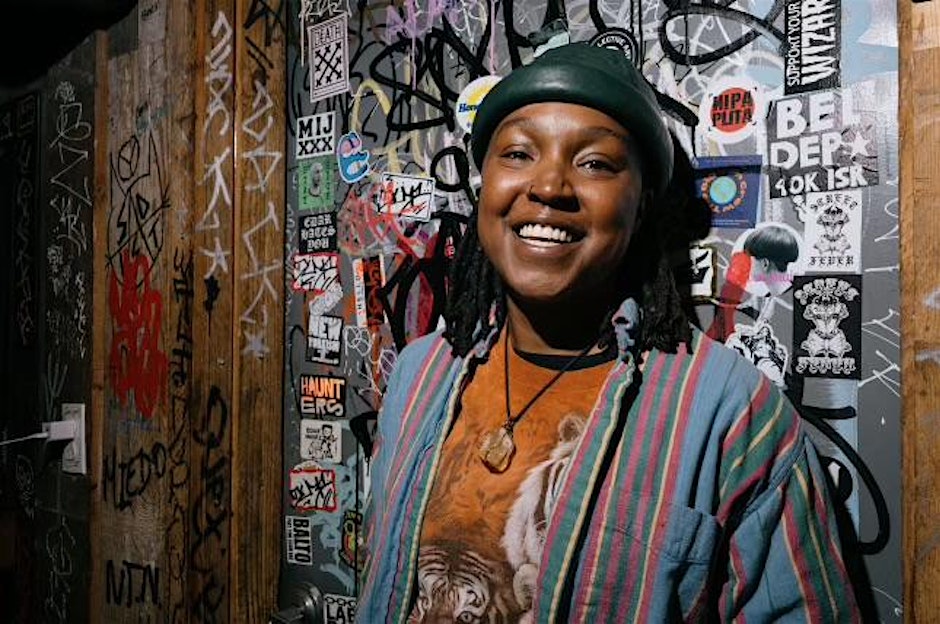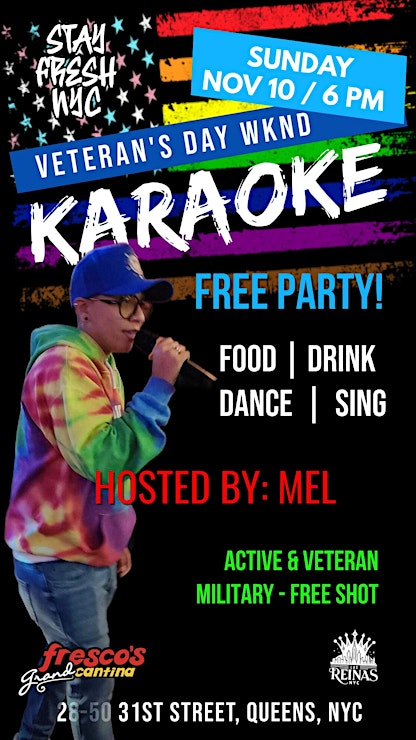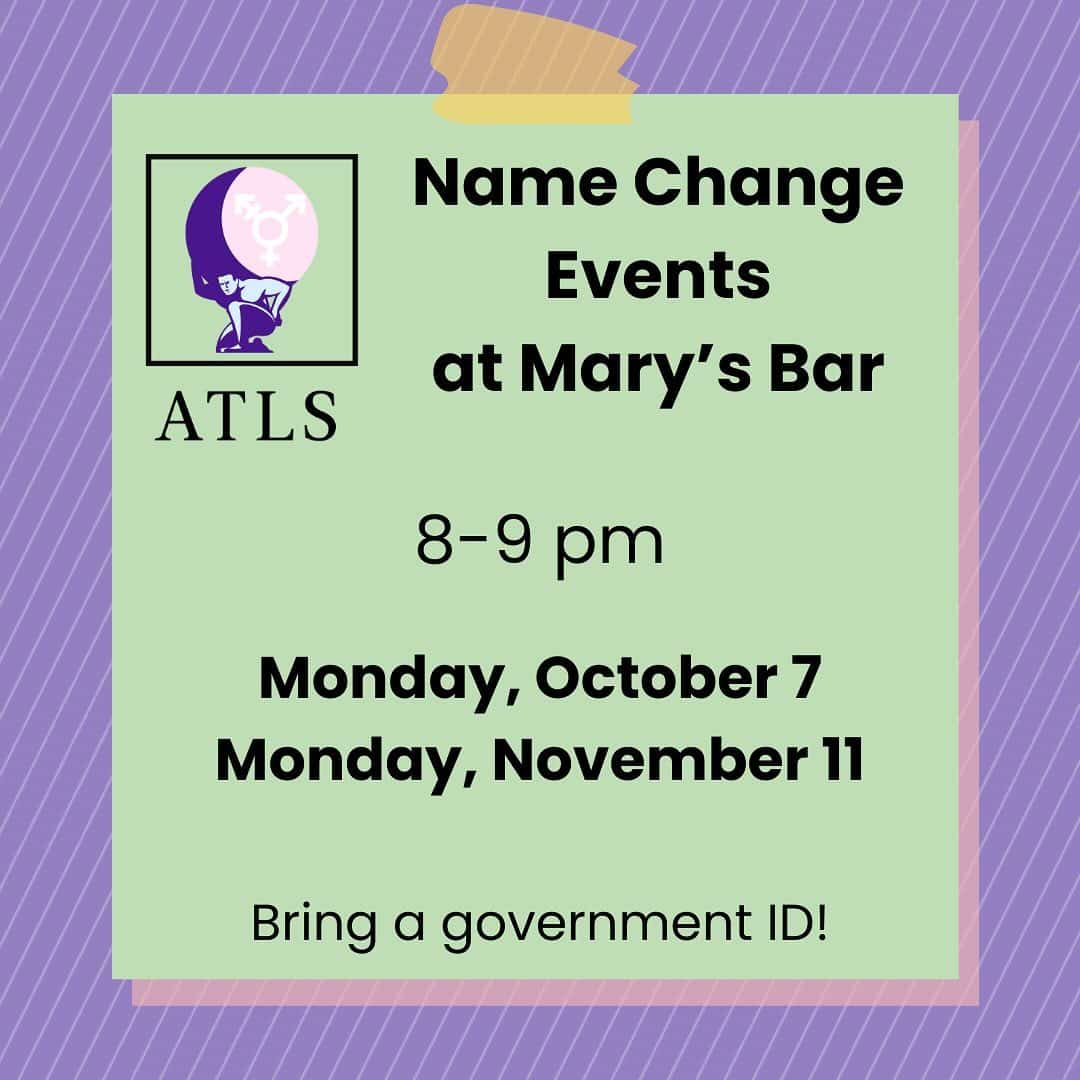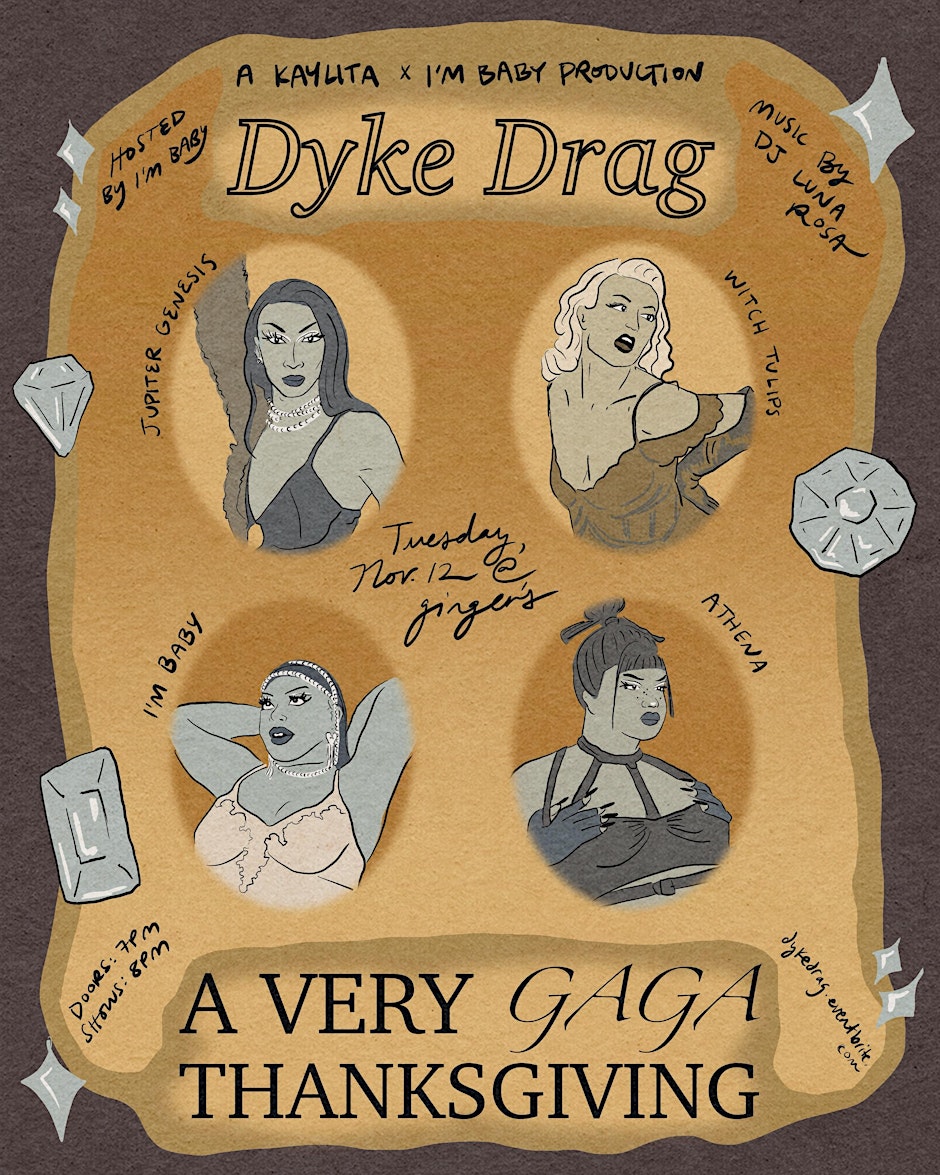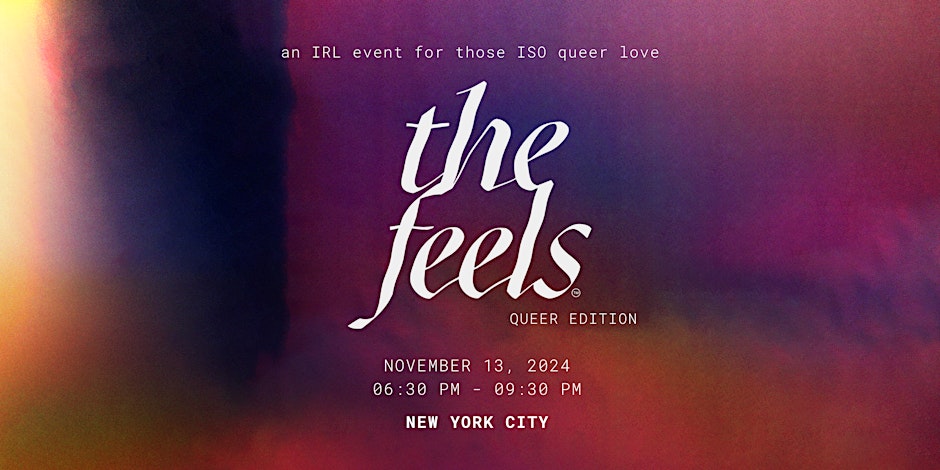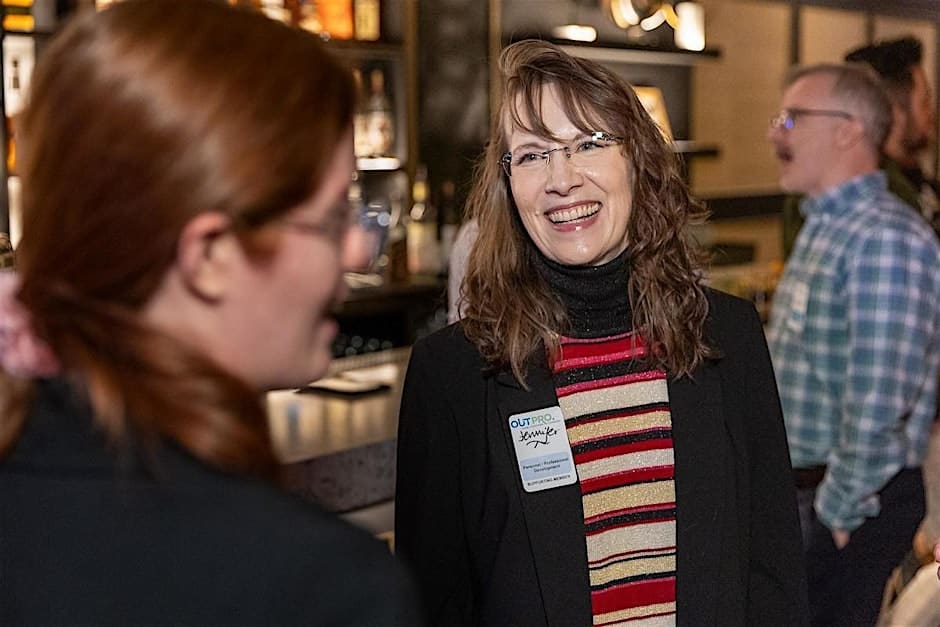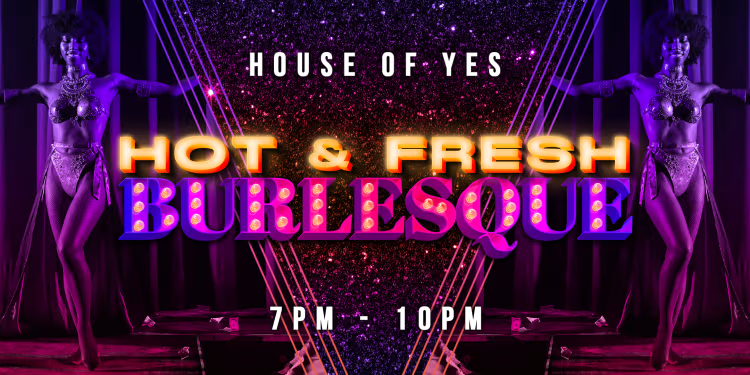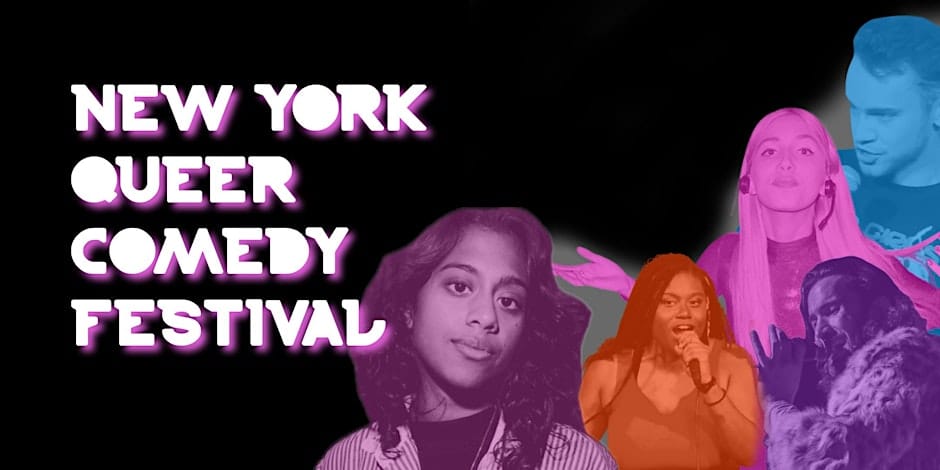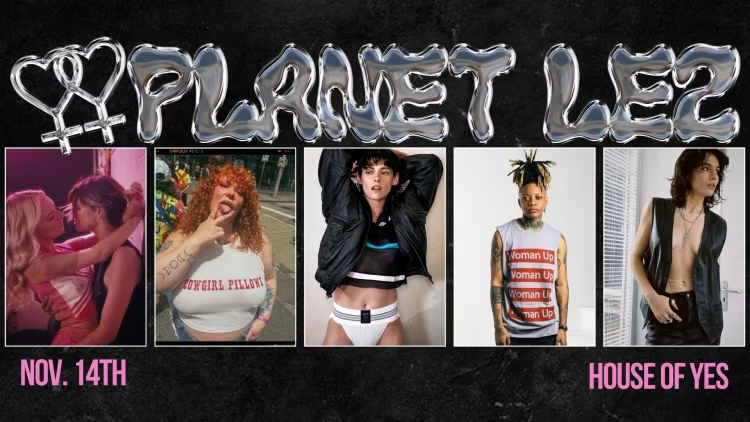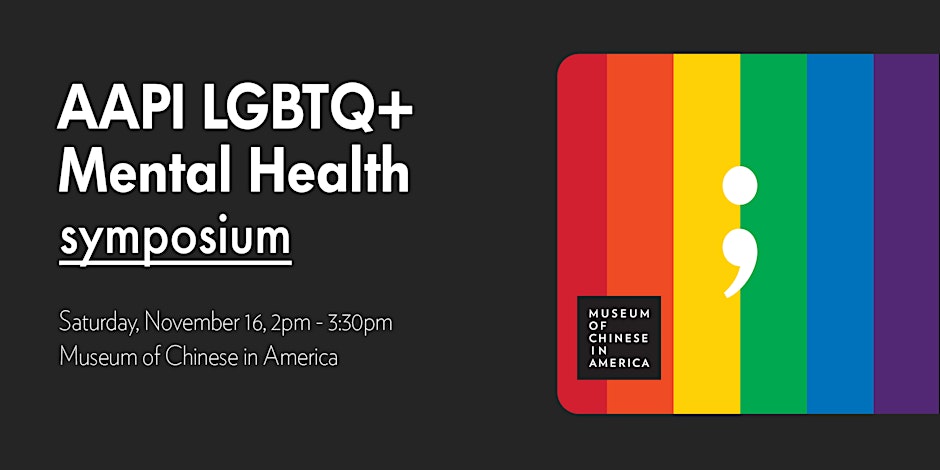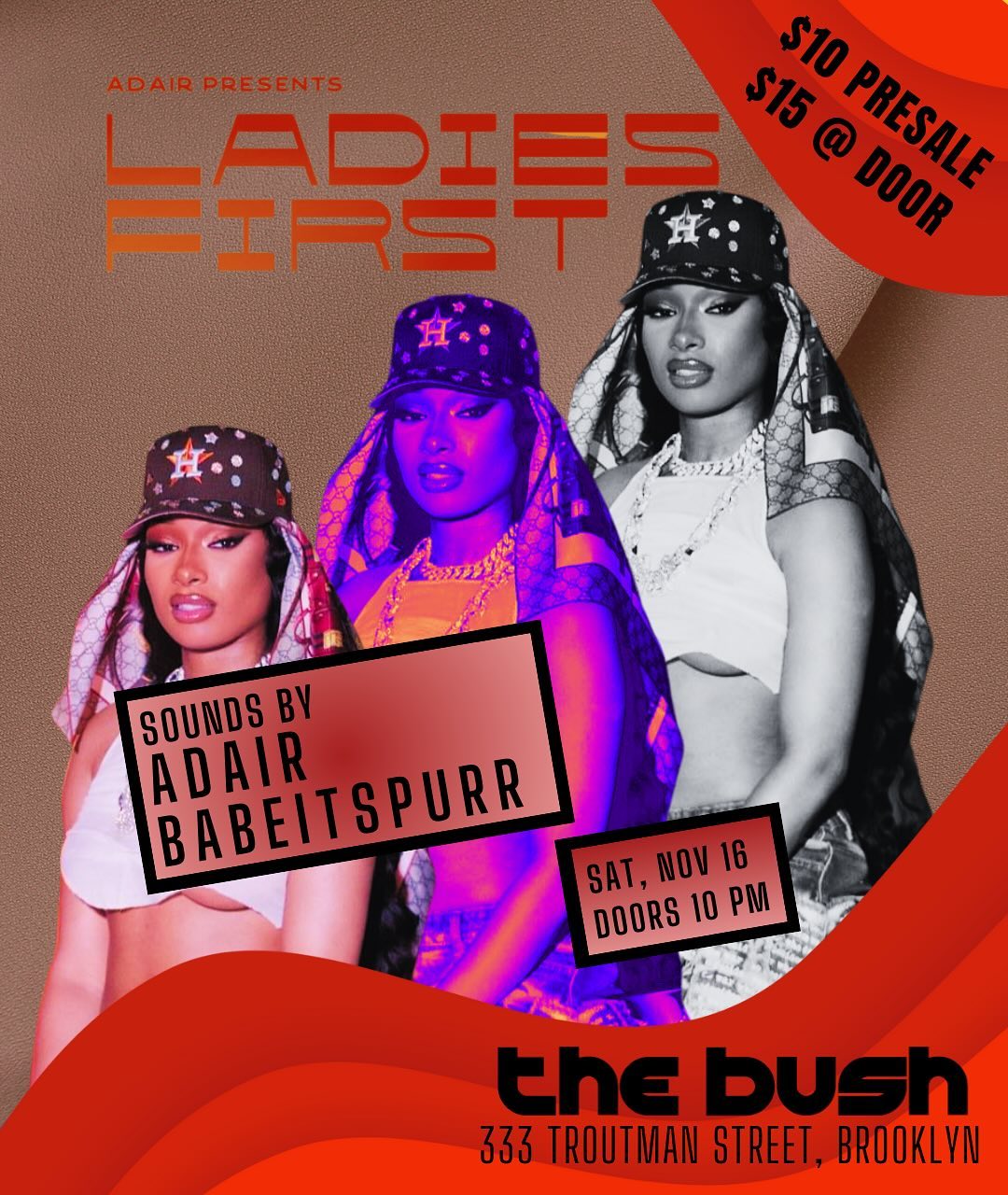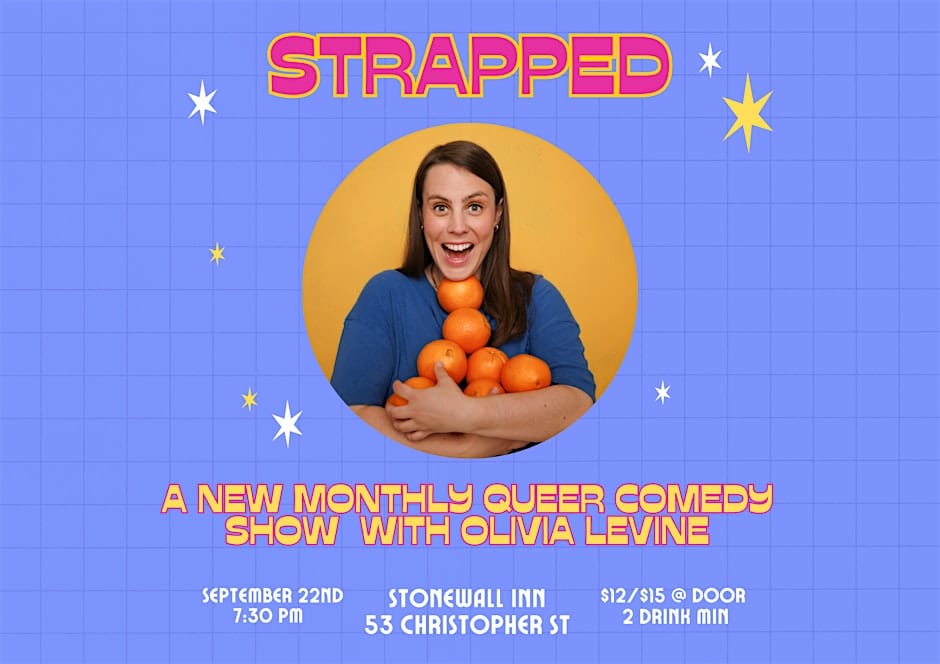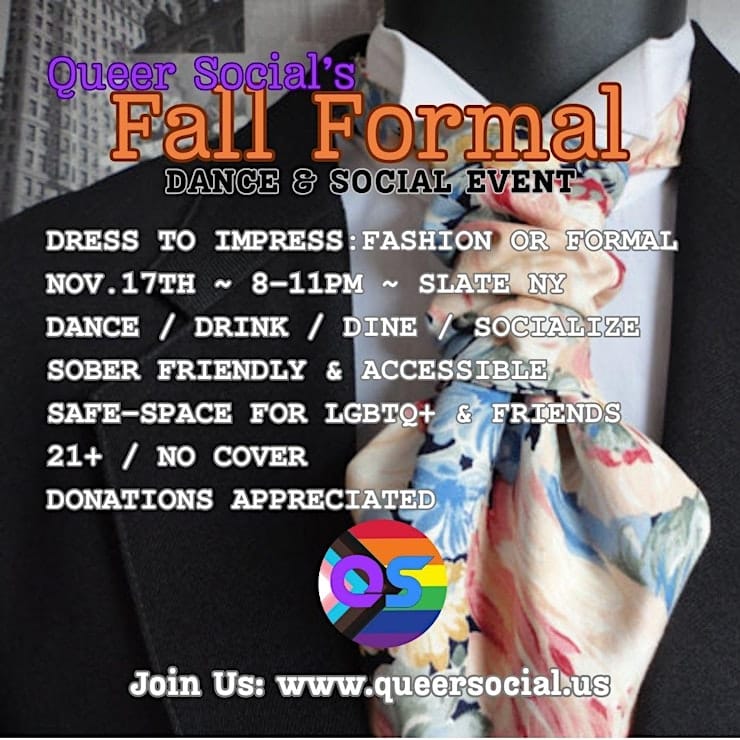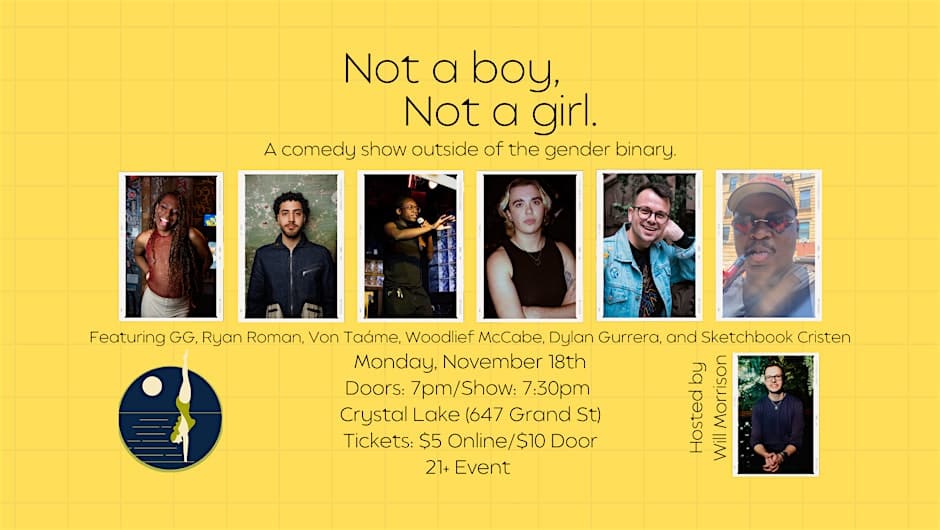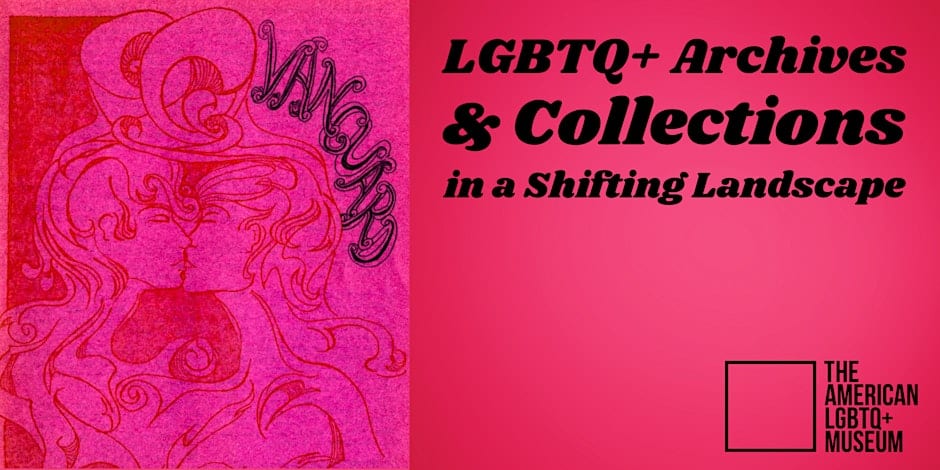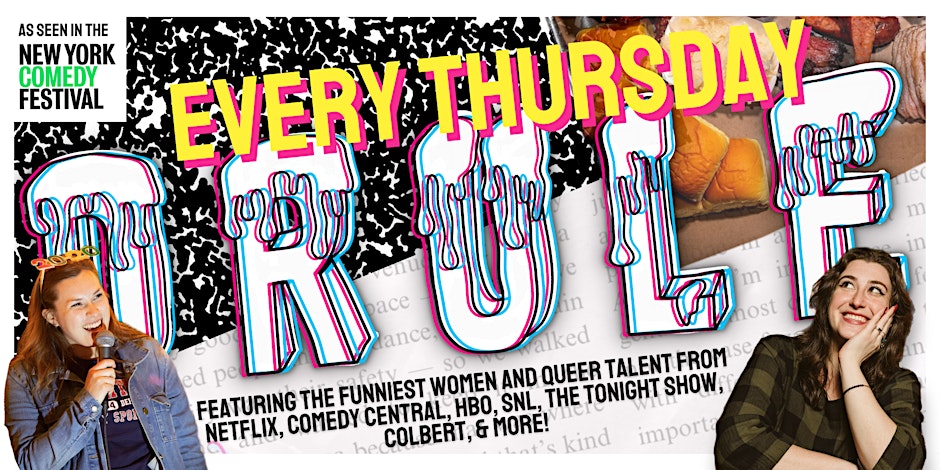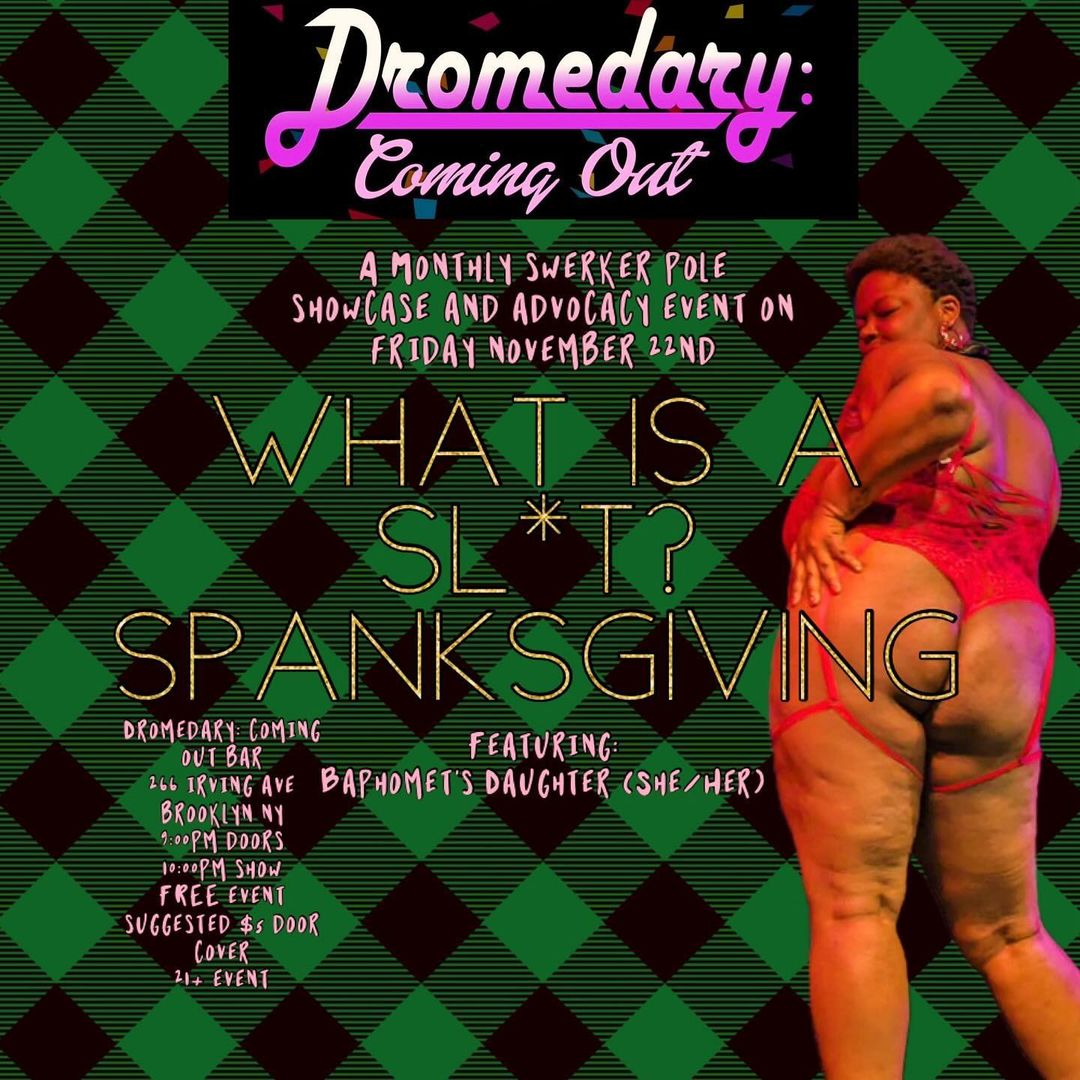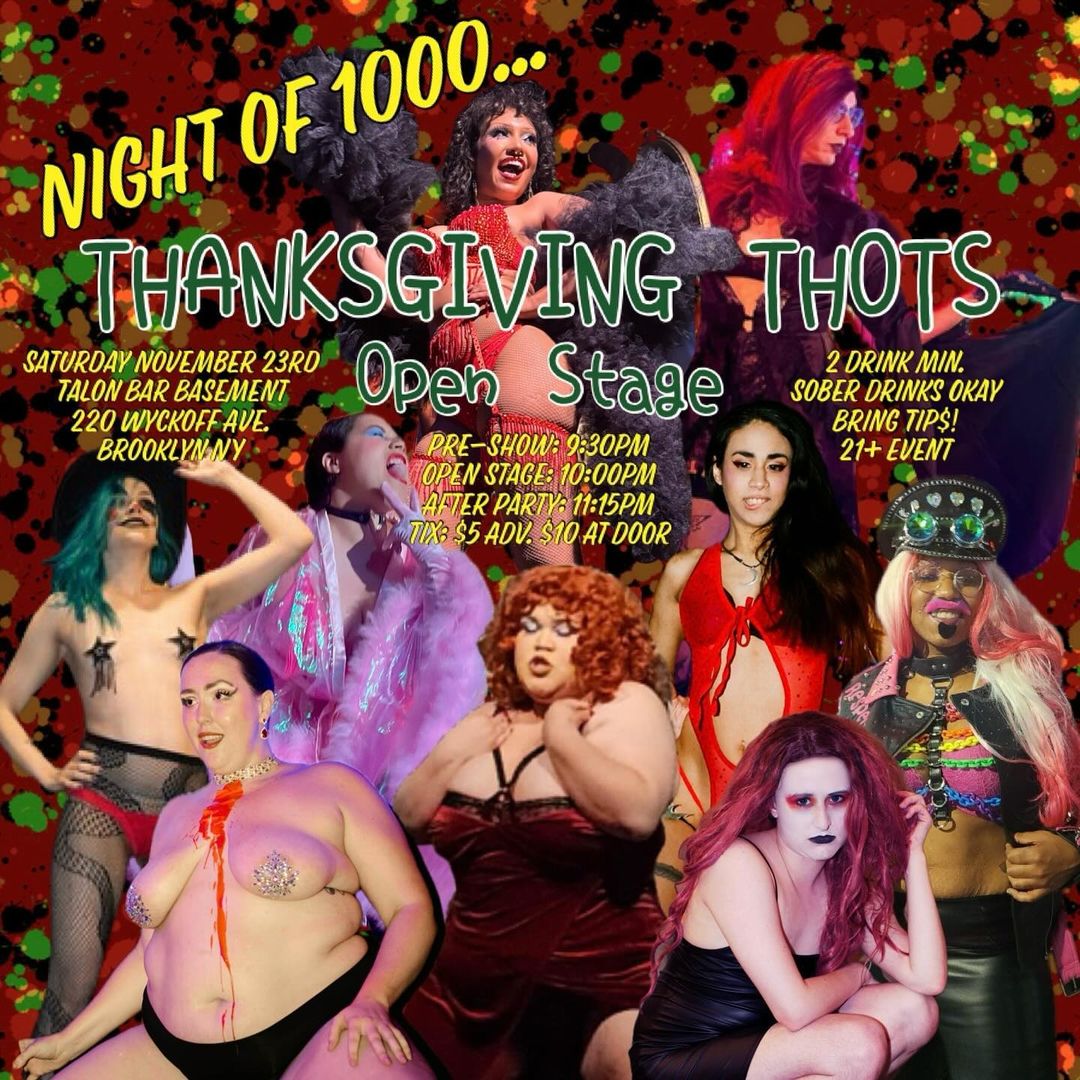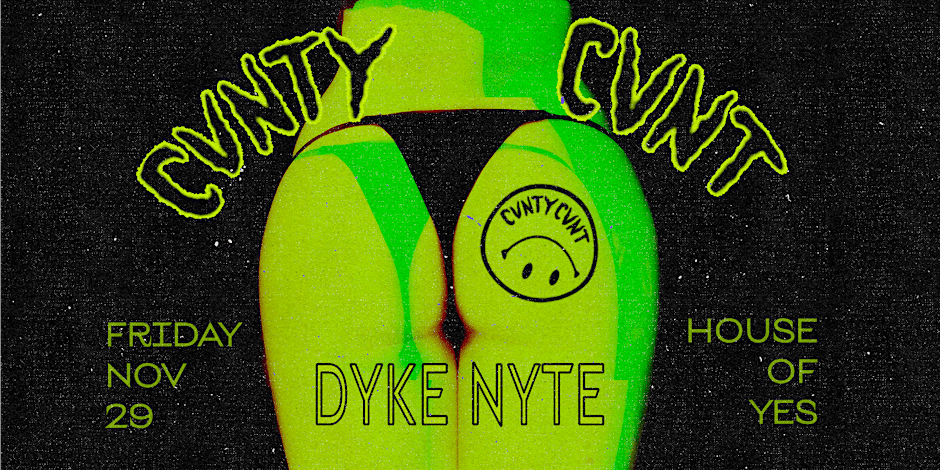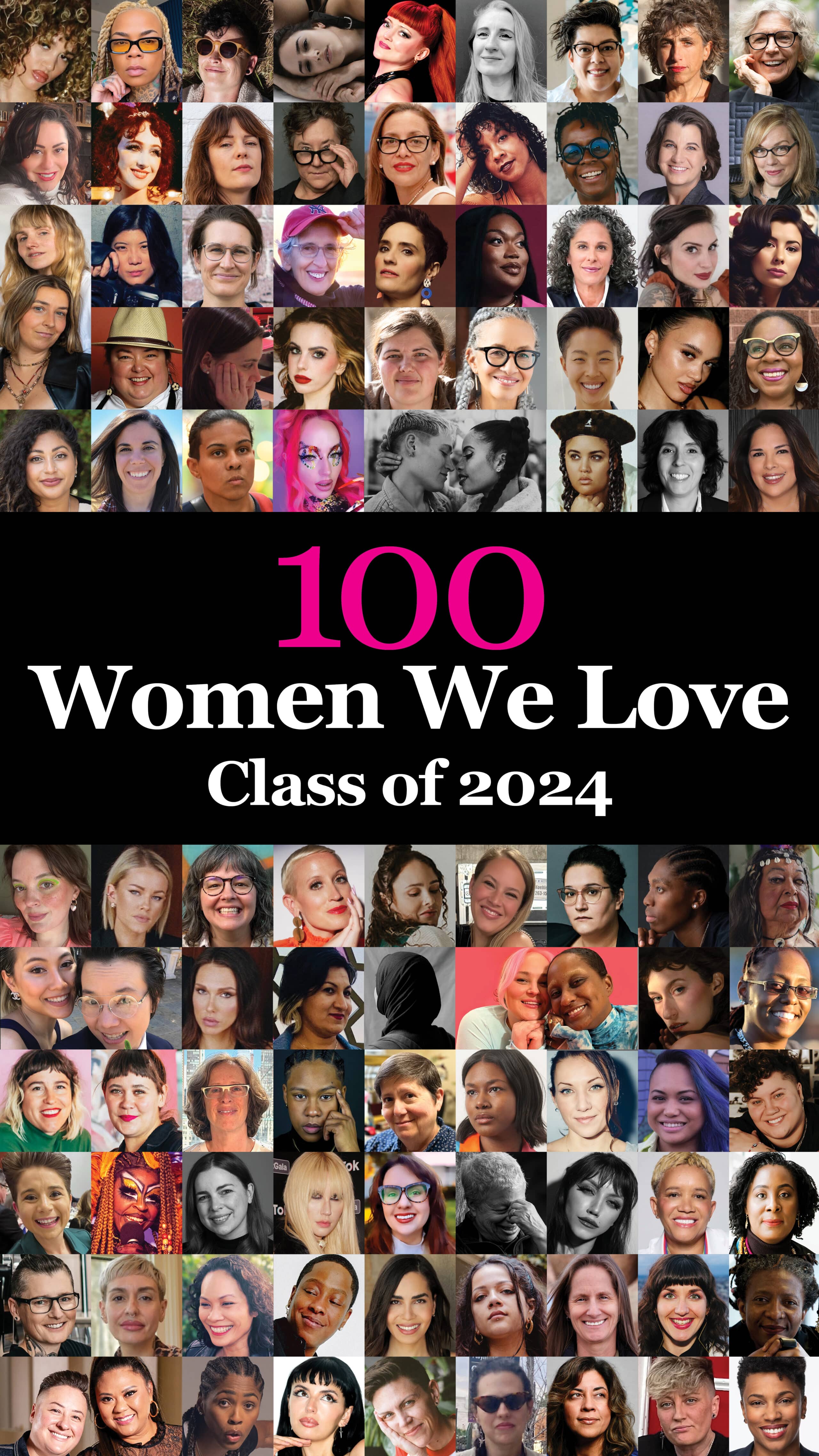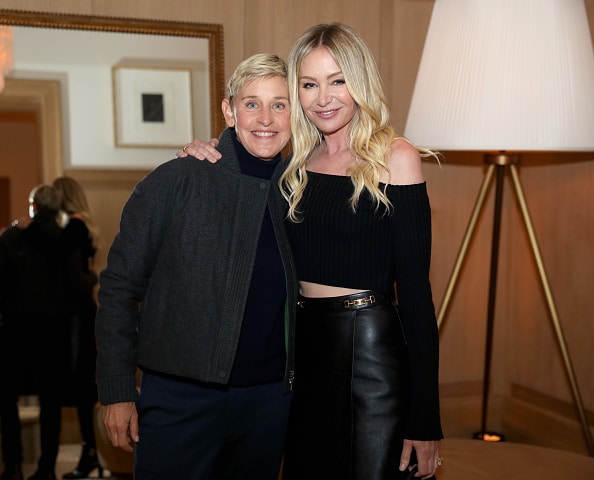On paper, there was absolutely nothing wrong with us. My family was middle-class and well-educated, and I had no shortage of opportunities. As privileged as I was, my liberal household was also painfully rigid. There was a right way and a wrong way of doing everything, from the pace at which I chewed to how I wore my socks. (Pulling them up instead of folding them over was strange, apparently. I’m 27, and I still appreciate the skirt and knee sock aesthetic.) The older I got, the more things I did incorrectly. I could take weekly music lessons and get a new bike for my birthday, but I couldn’t breathe. As a creative kid who didn’t entirely fit in, I was desperate for something I couldn’t put a name to: belonging.
My P.E. teacher first gave me a taste of that when she allowed me to play make-believe behind the goal instead of playing capture the flag. My best friend and I whispered as we spun stories about fairy lore, deciding on which magic elixirs we would make from the perfectly landscaped flowers bordering the playground. Looking back, we were hiding behind a three-foot net. Our teacher knew damn well that we were not playing defense. She still made us run laps and we couldn’t hide from every game, but she recognized that behind that goal, we were still playing. The game was just happening in our heads. On the last day of P.E., we anxiously ventured out from our fairy retreat. We ran as fast as our short, out of shape legs could, yanking yellow flags left and right. We didn’t catch a single football, but our teacher cheered us on like we were goddamn team heroes.
In third grade, I met another kindred spirit: a teacher who loved each student for exactly who they were. Her love did not mean she was a pushover — quite the opposite, in fact. Nearing six feet tall, she towered over us. One hawklike glance, her brows casting shadows over her deep-set eyes, could silence the classroom. She demanded our respect, and she demanded that we respect each other. At the end of each school day, our class sat in a circle, passing around a small, heart-shaped beanbag. When the heart fell into our hands, it was our turn to share a small truth of our own. The weight of that beanbag in my small hands felt like home.
Those two miraculous teachers accepted me as I was. I graduated from each of their classes, but because my mom worked at school, my two favorite teachers eventually evolved into family friends. Over the years, I grew to know them well. They even visited our summer home on a few occasions. Yet somehow, it took me nearly a decade to recognize that my two favorite female teachers were a couple.
At the same time, an eccentric children’s book author lived down the road from my house. He was a grown man who would open the door at 9 a.m. on a Saturday in a robe and sweats ‚ bleary-eyed and half-asleep — to answer the (repetitive) ringing of his doorbell. And then, he would get dressed and come outside to chat with us, the troupe of neighbor children who wanted to pay a visit to the funniest grownup we knew. He gladly set aside time to share tea and cookie parties and engage in side-splitting poetry readings by the fire. He lived with a man for years, and still, I had no idea he was gay.
While I’m now convinced I’m the least observant person on the planet, there was a certain hope in my innocence. My own daughter is now five and a half. I was once curious about her level of understanding in regards to this somewhat complicated topic. I pointed out that Ellen Degeneres and Portia de Rossi are married. She was momentarily curious. She asked how many pets they have. She then asked for a snack. When we played dolls and I pretended there were two dads, she gave them a panda baby, which they took excellent care of. Clearly, what is complicated to adults is quite simple in the eyes of babies.
Our society’s acceptance has improved over the past 20 years, but children in 1990 and 2020 share the same, beautiful innocence. Before our views are colored by anything else, it is painted by love. My village was diverse, but each person within it shared one quality: They were deeply, fundamentally, whole-heartedly loving. As far as I was concerned, whomever else they loved was of little consequence. They were truly marvelous people. Any love they had to share must be marvelous, too.
My mind and heart were shaped by people once labeled by society as “other,” and I am so incredibly grateful that they were. I saw those members of my circle as beloved and beautiful before I knew the idea of “otherness” even existed. People who had been rejected so harshly should deserve to be angry — to be bitter. But the ones who were accepted the least chose to accept me the most. Two decades have passed, and the same wonderful people are part of my daughter’s village — a village that is already showing her that there is only one ingredient required to belong: Love.


